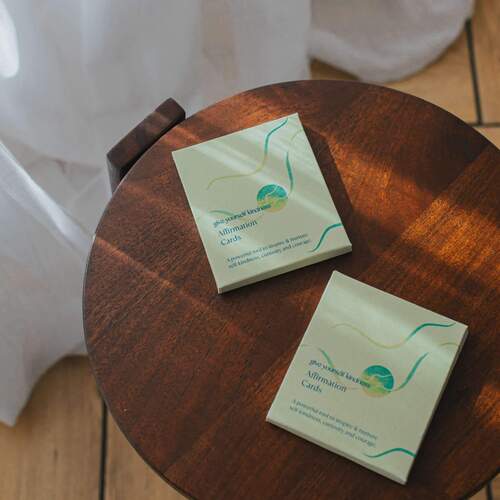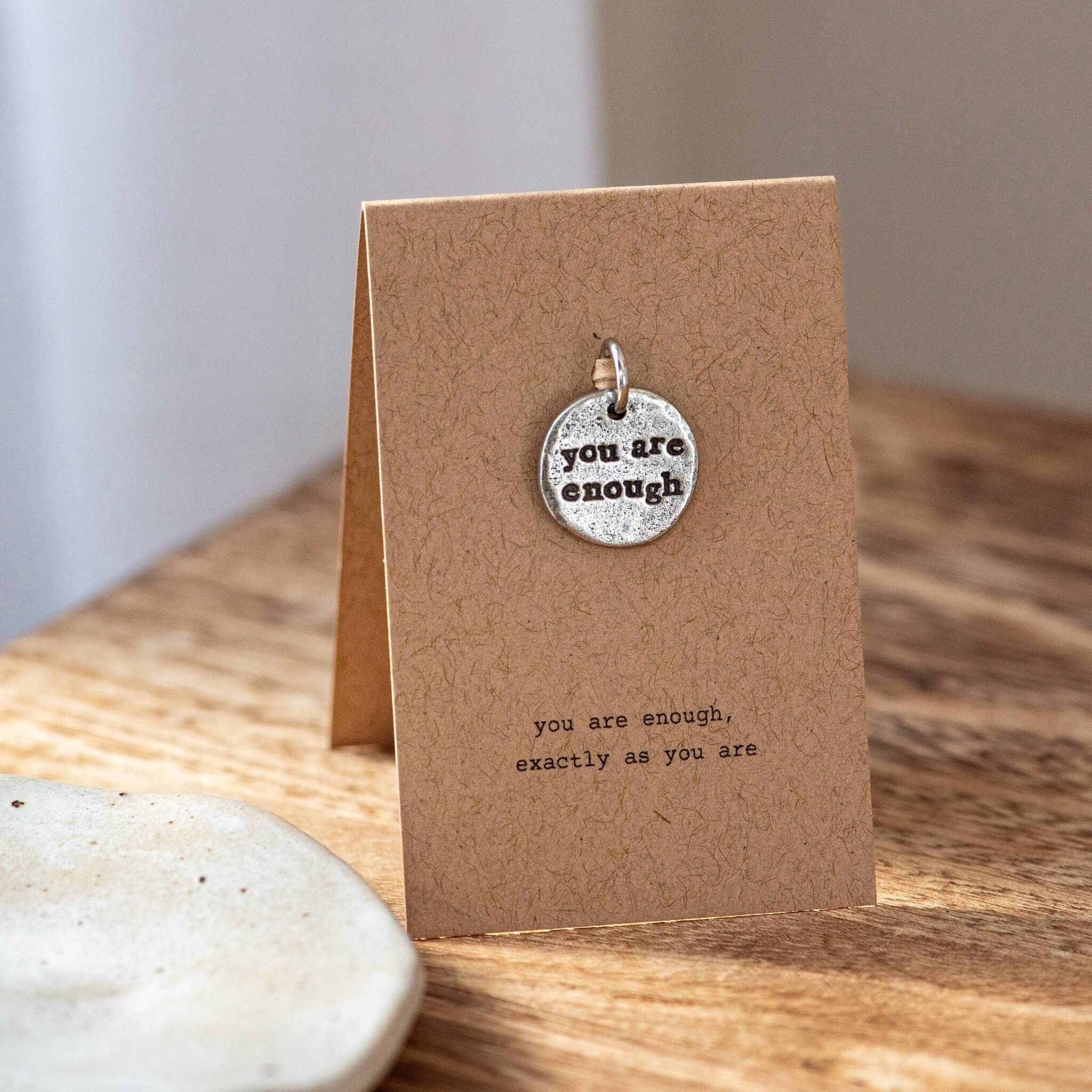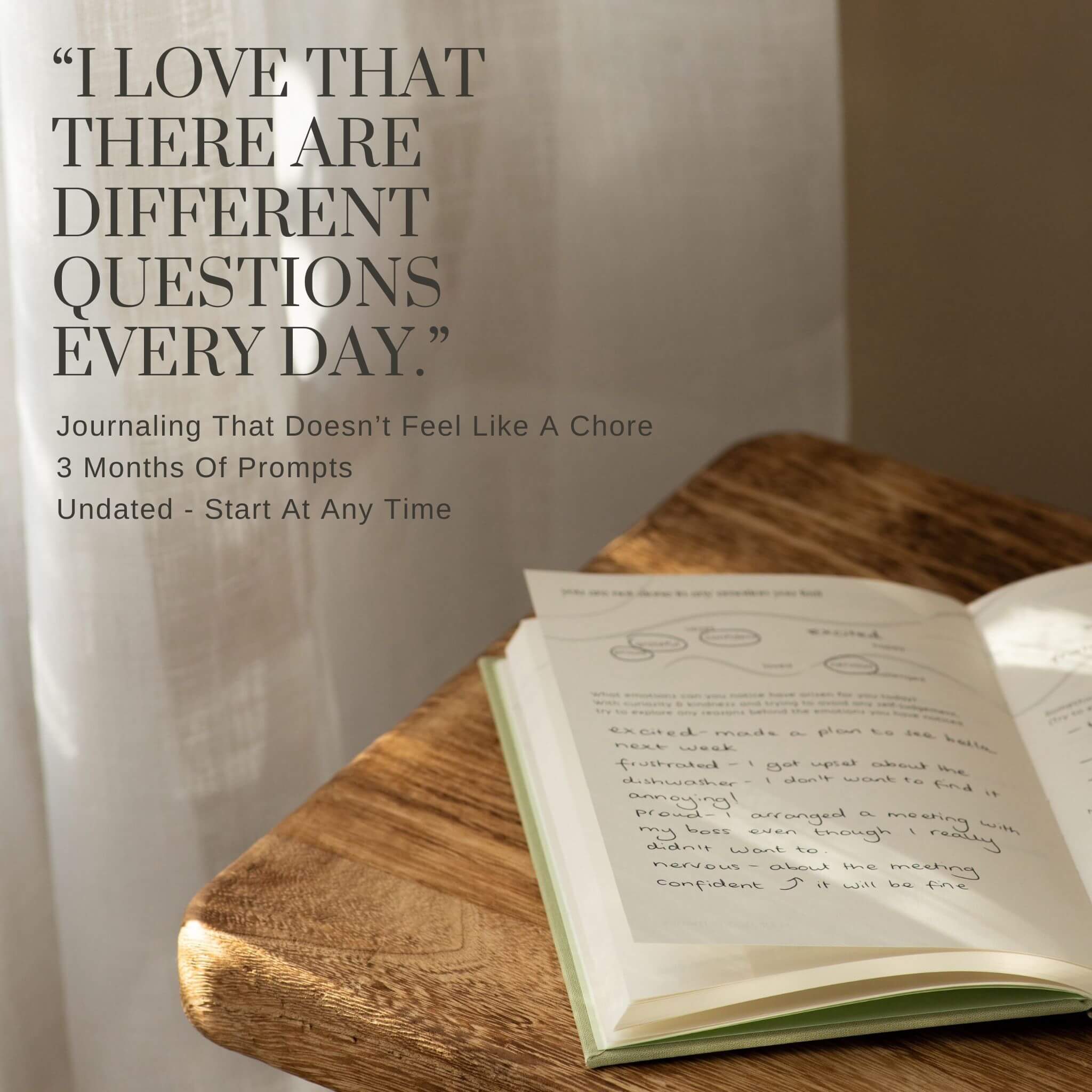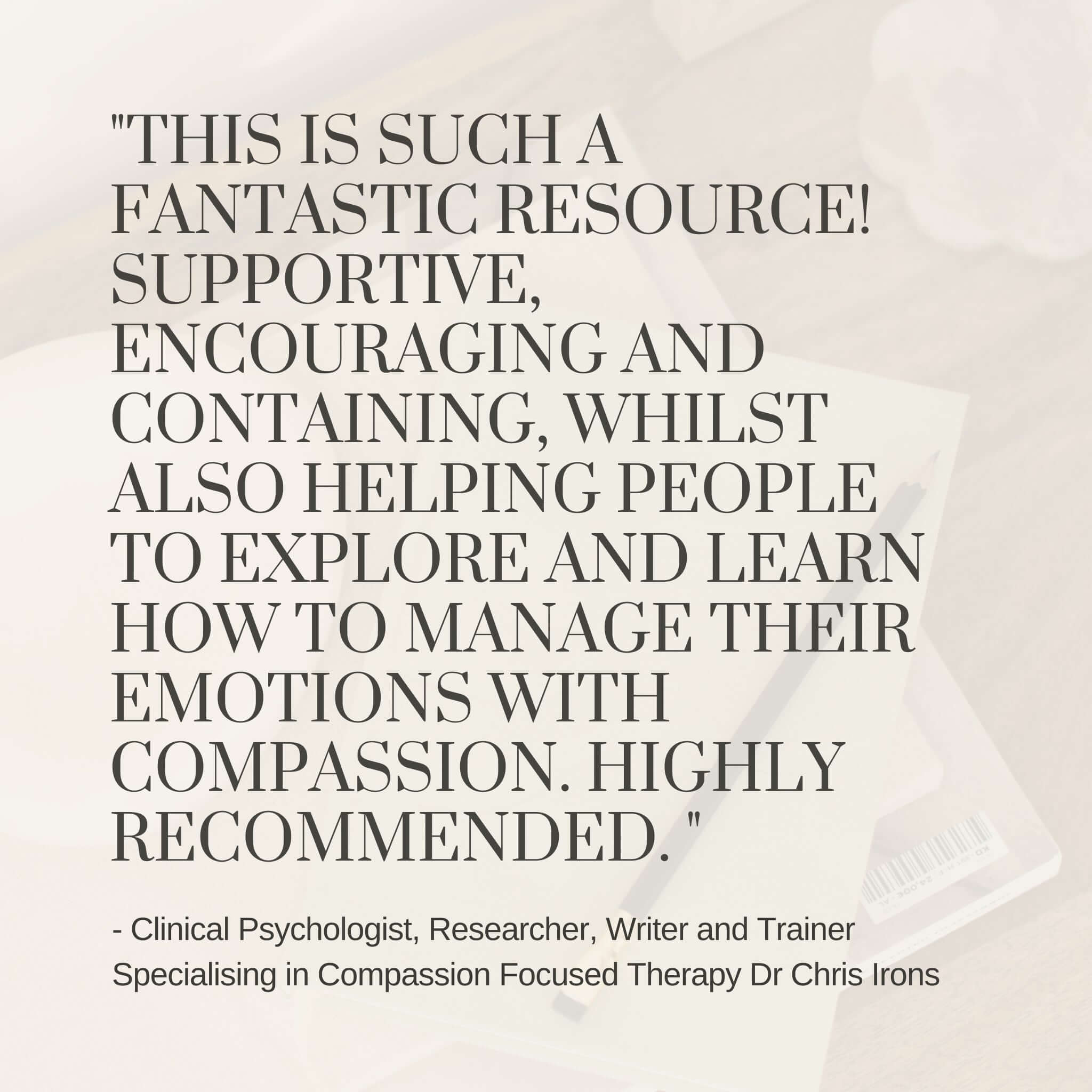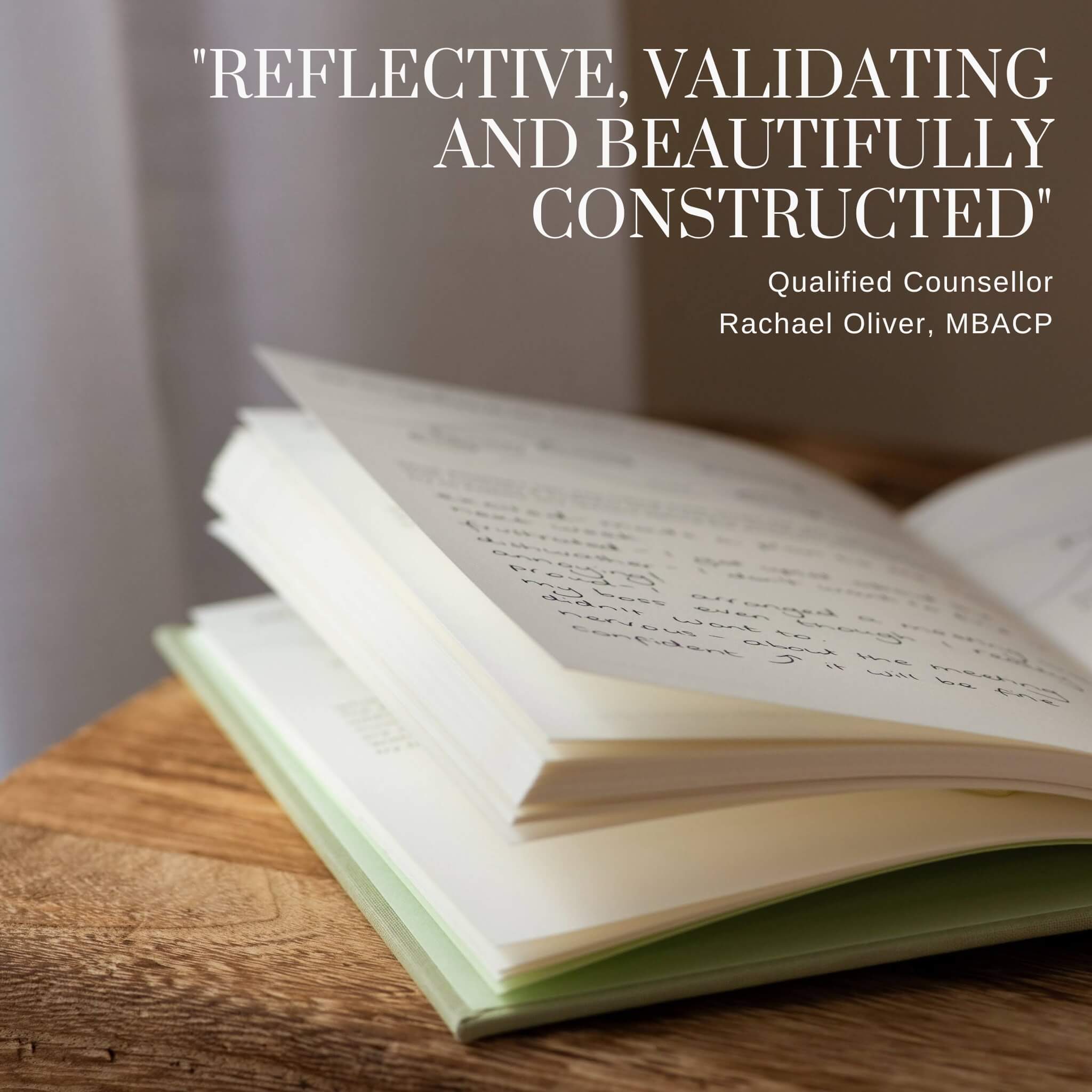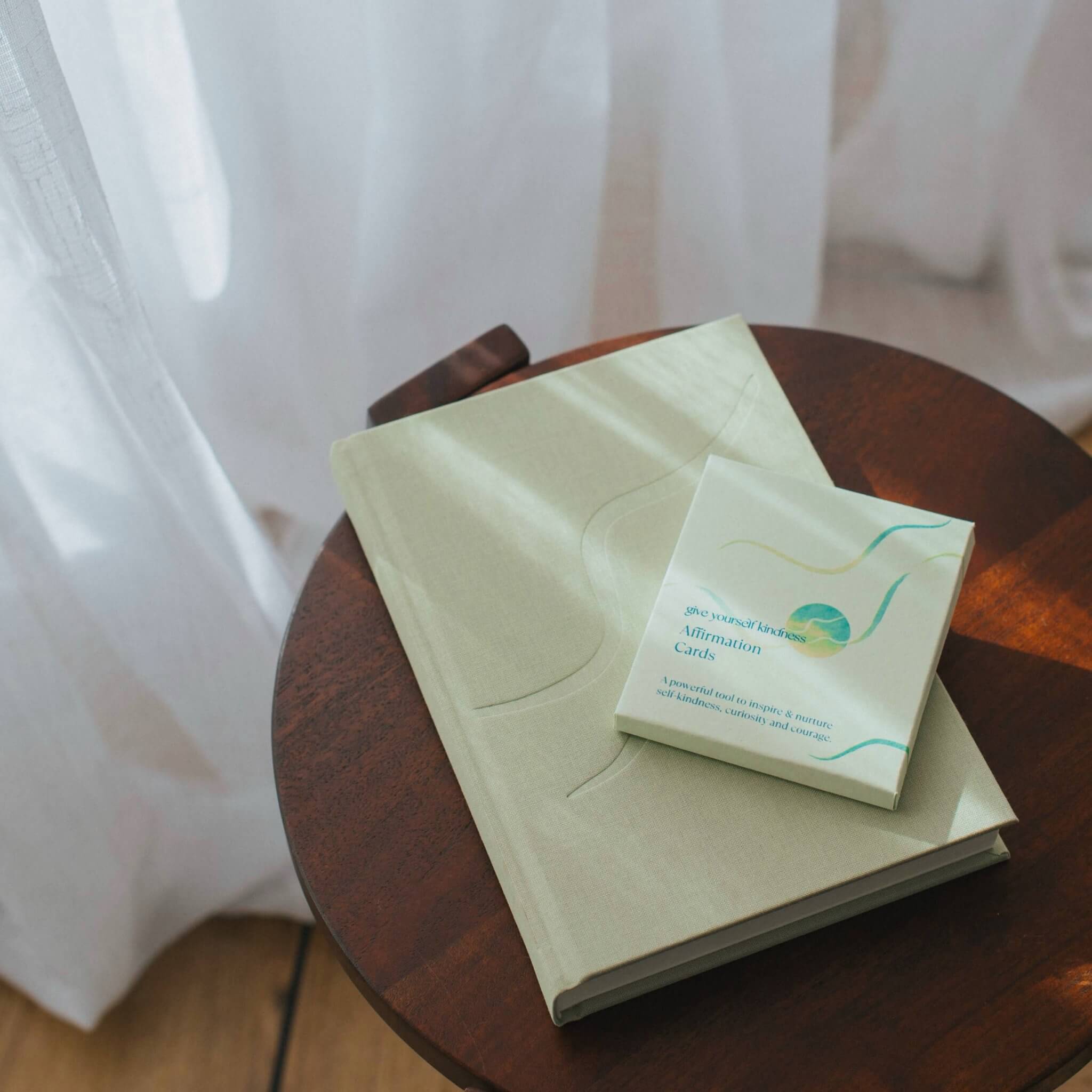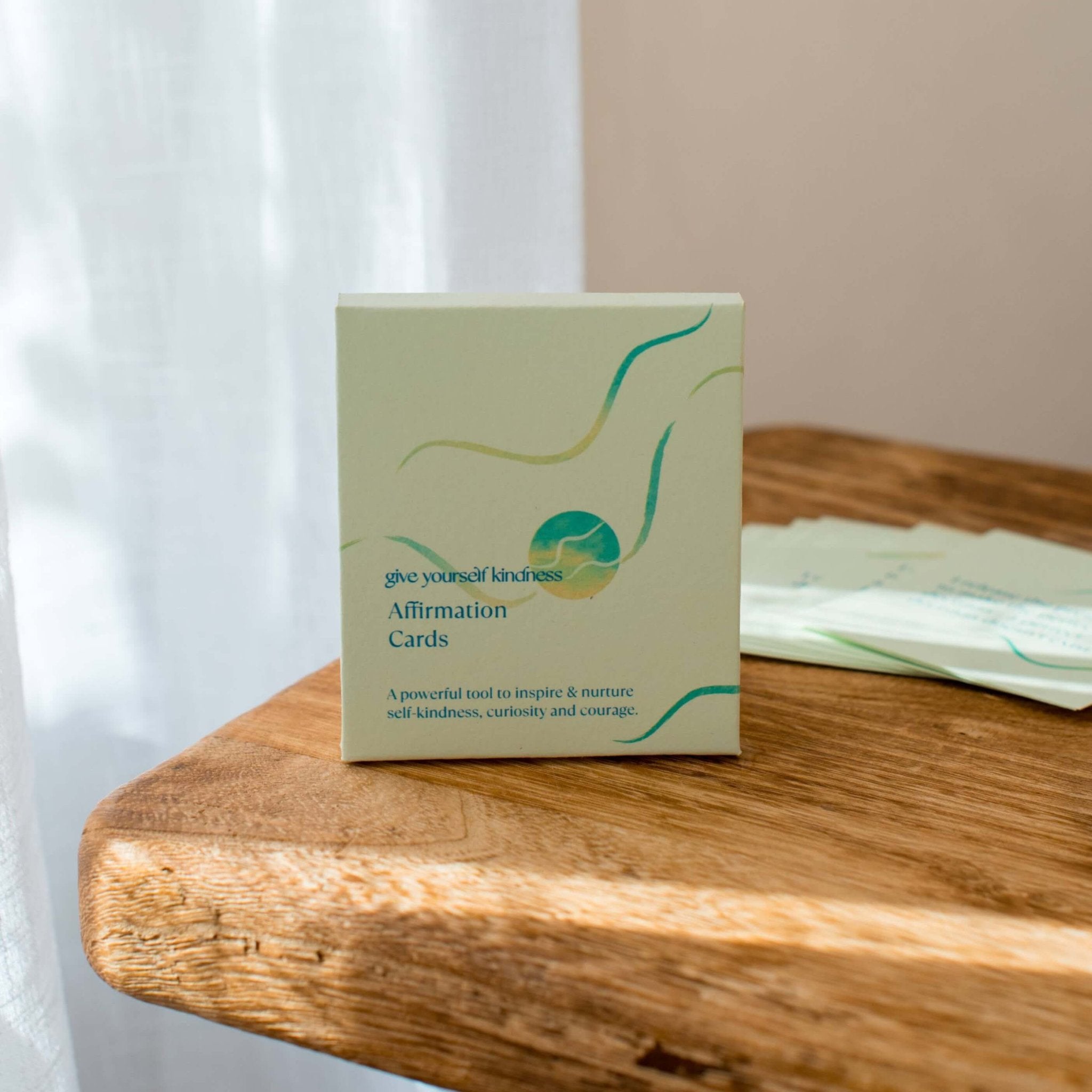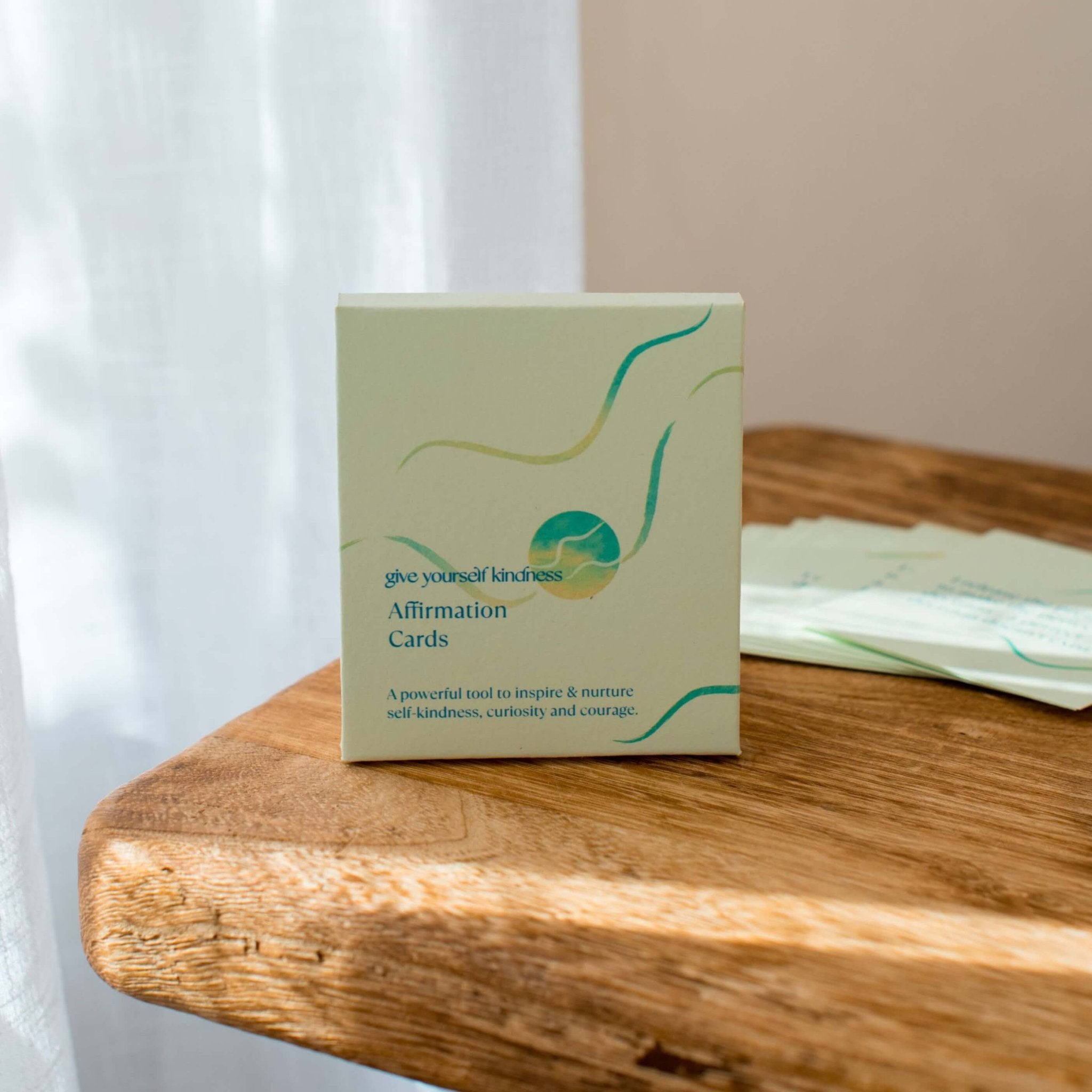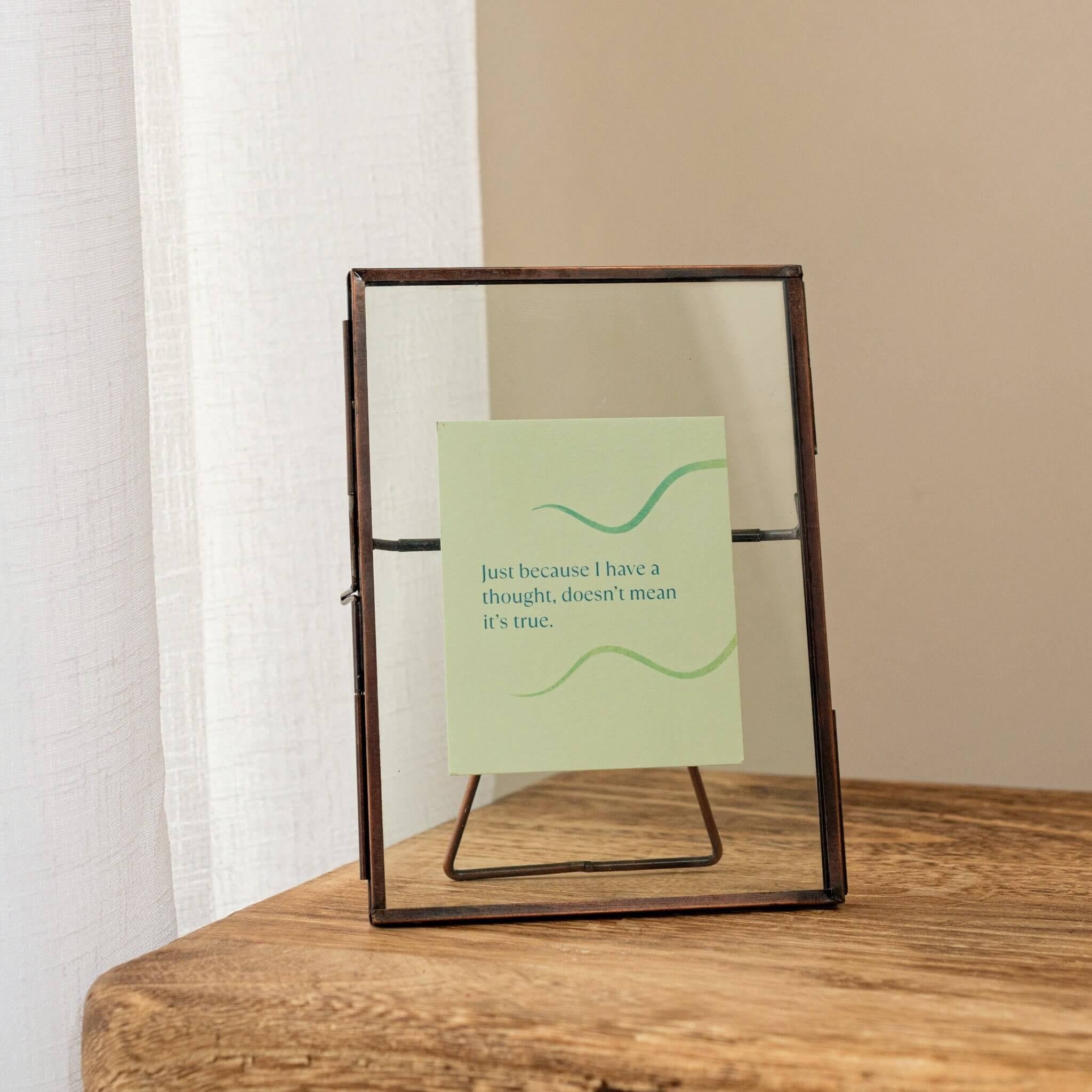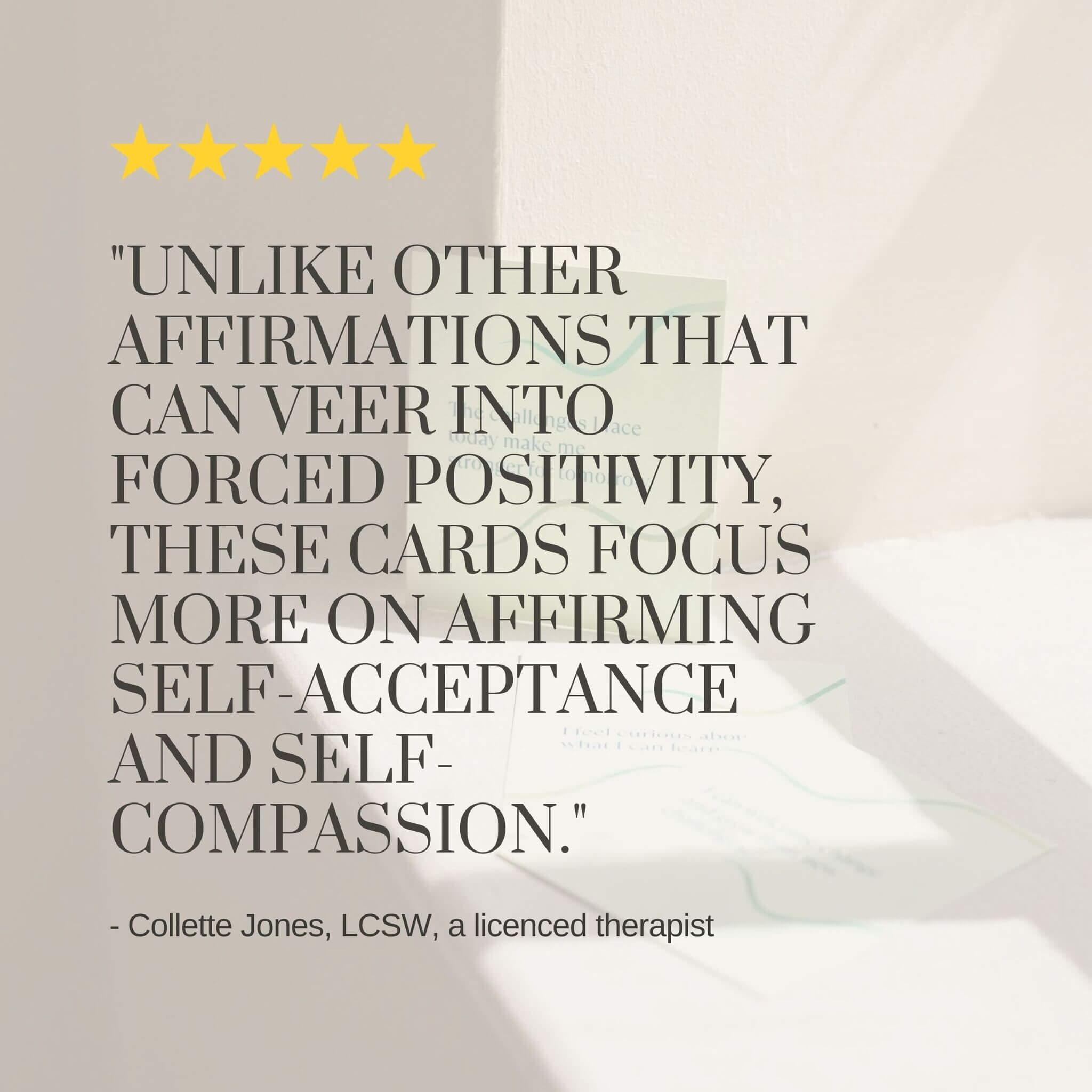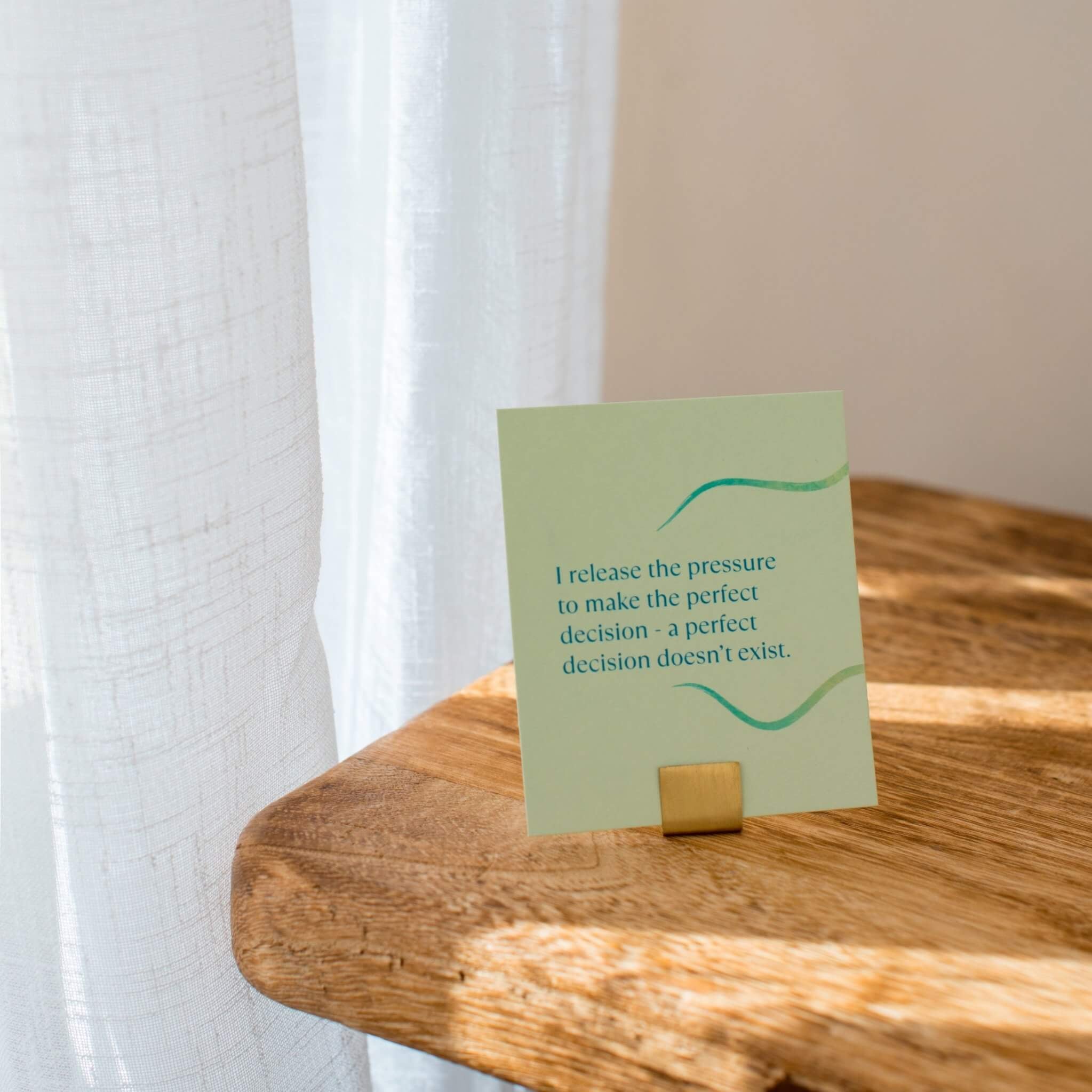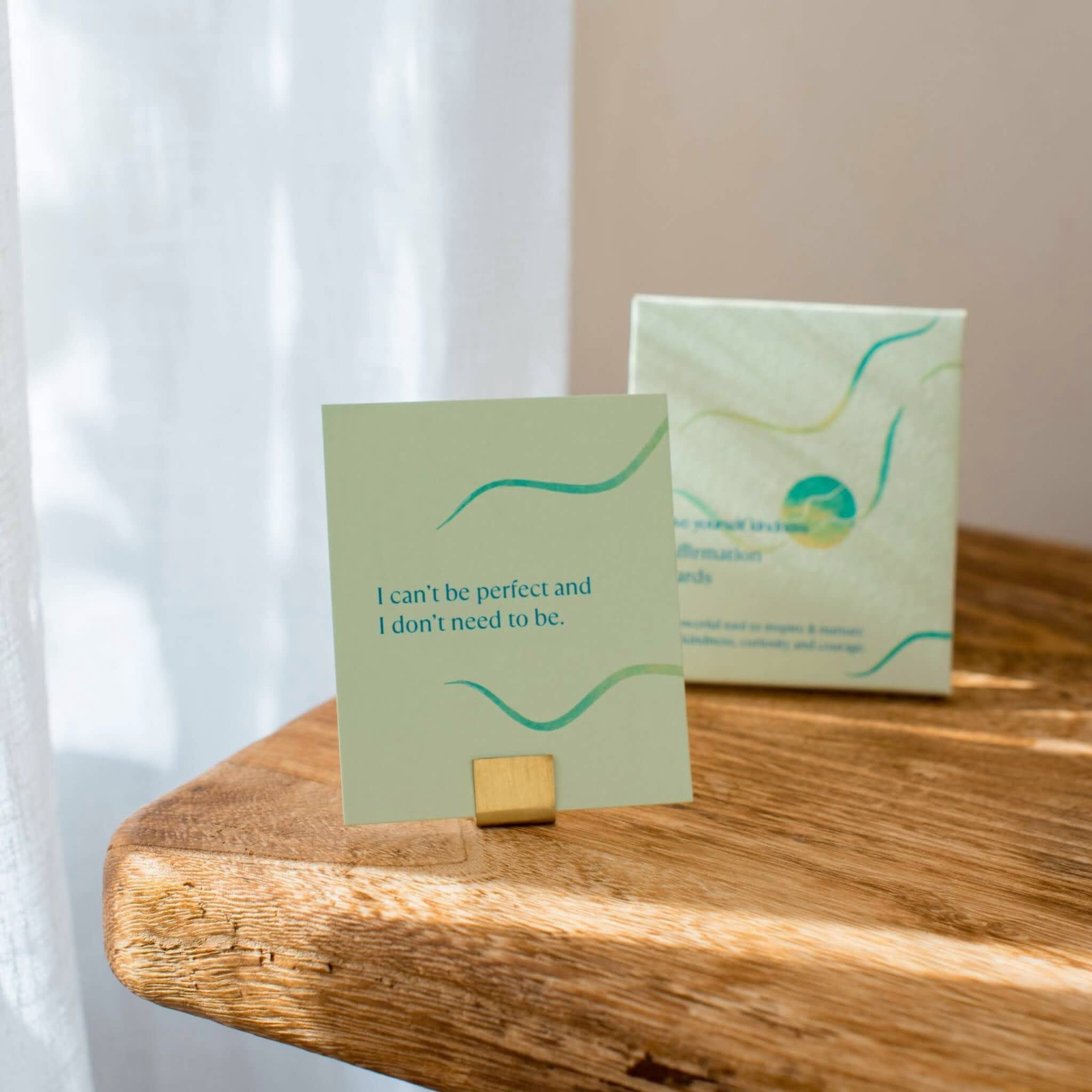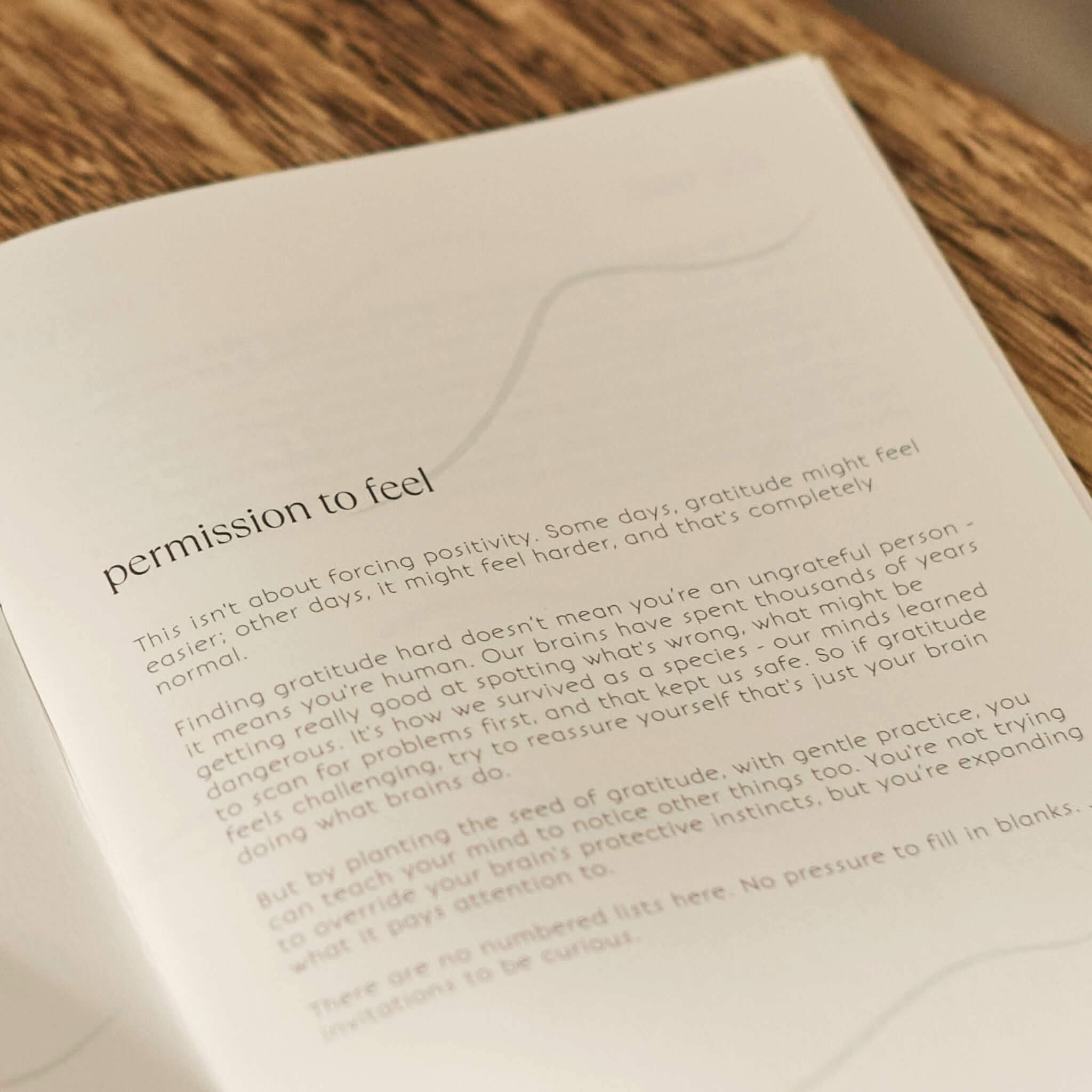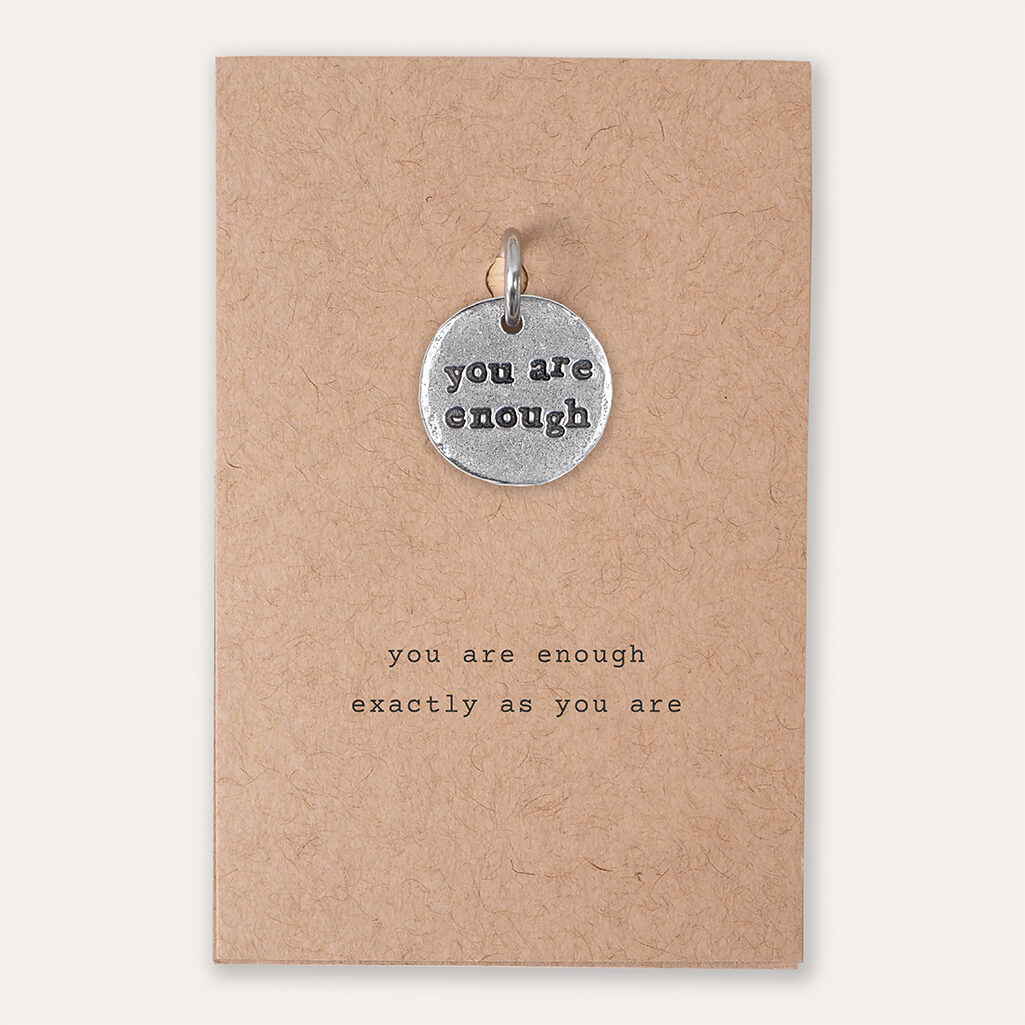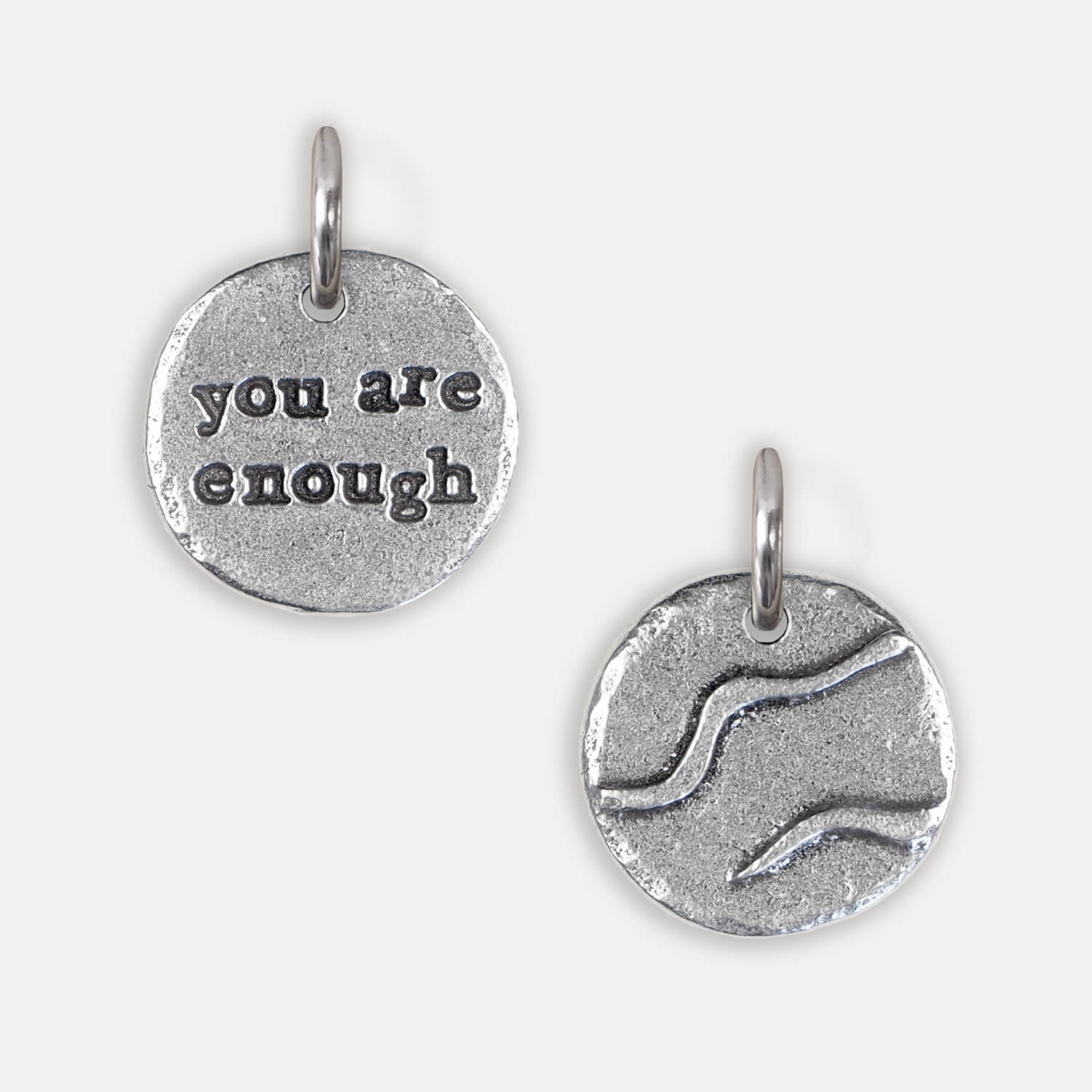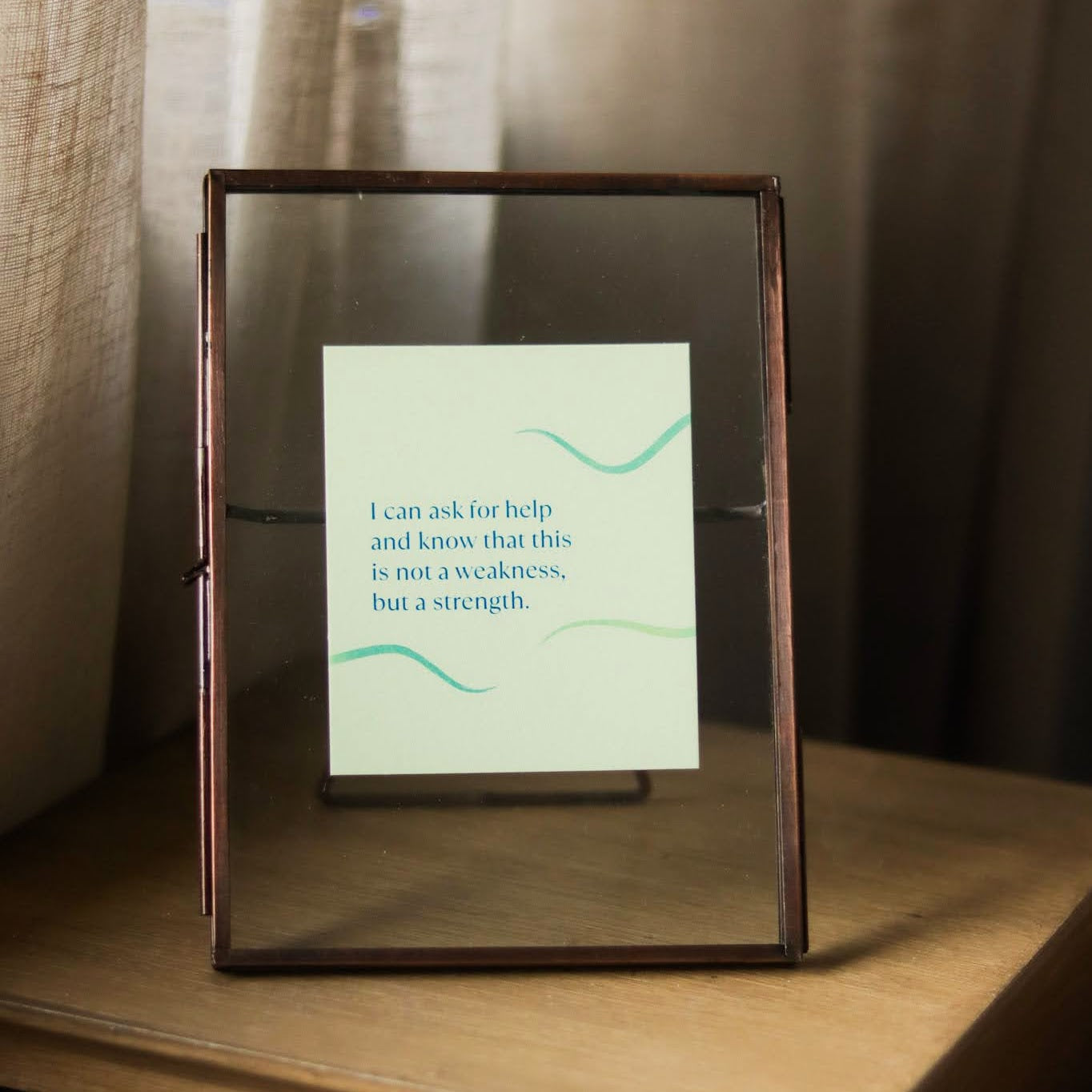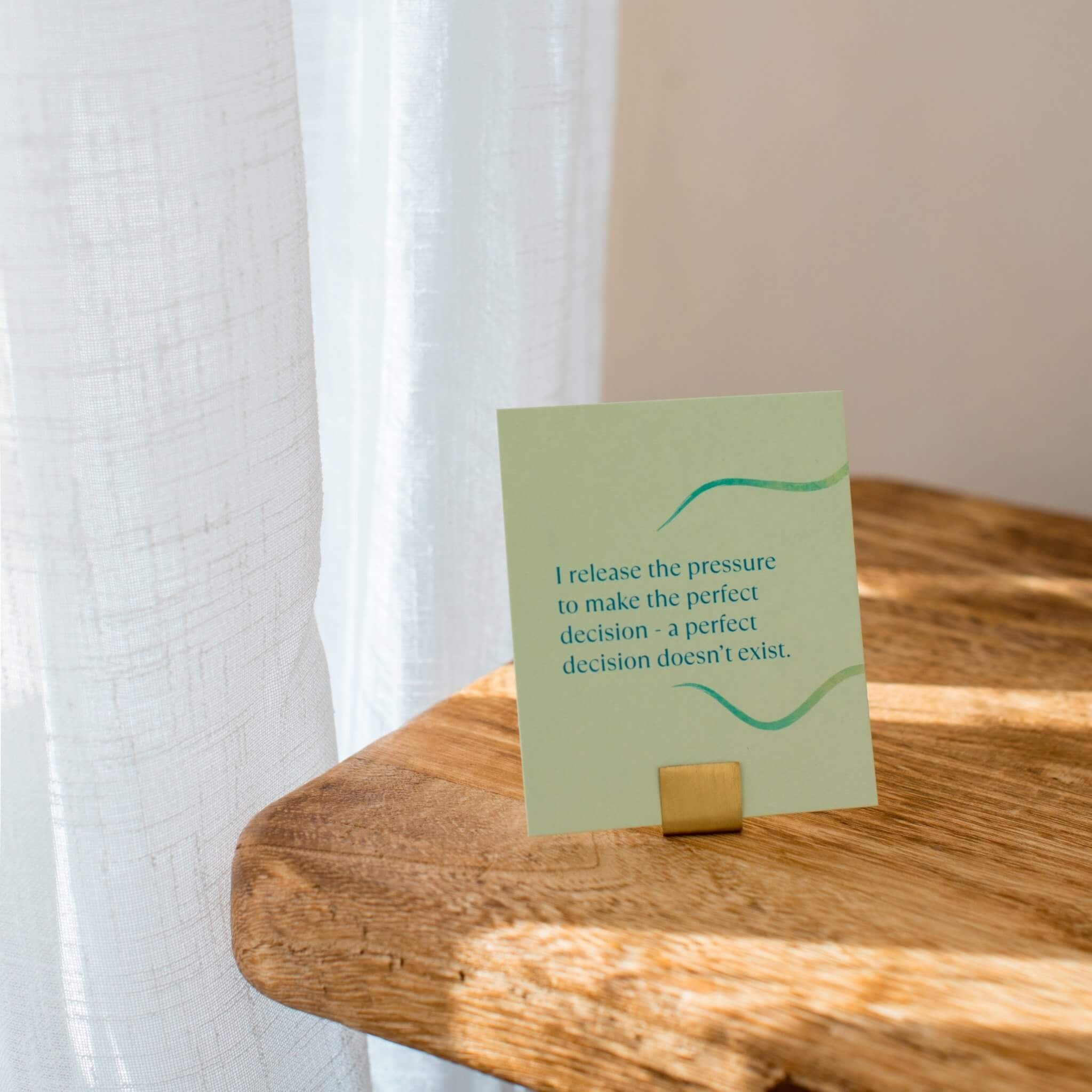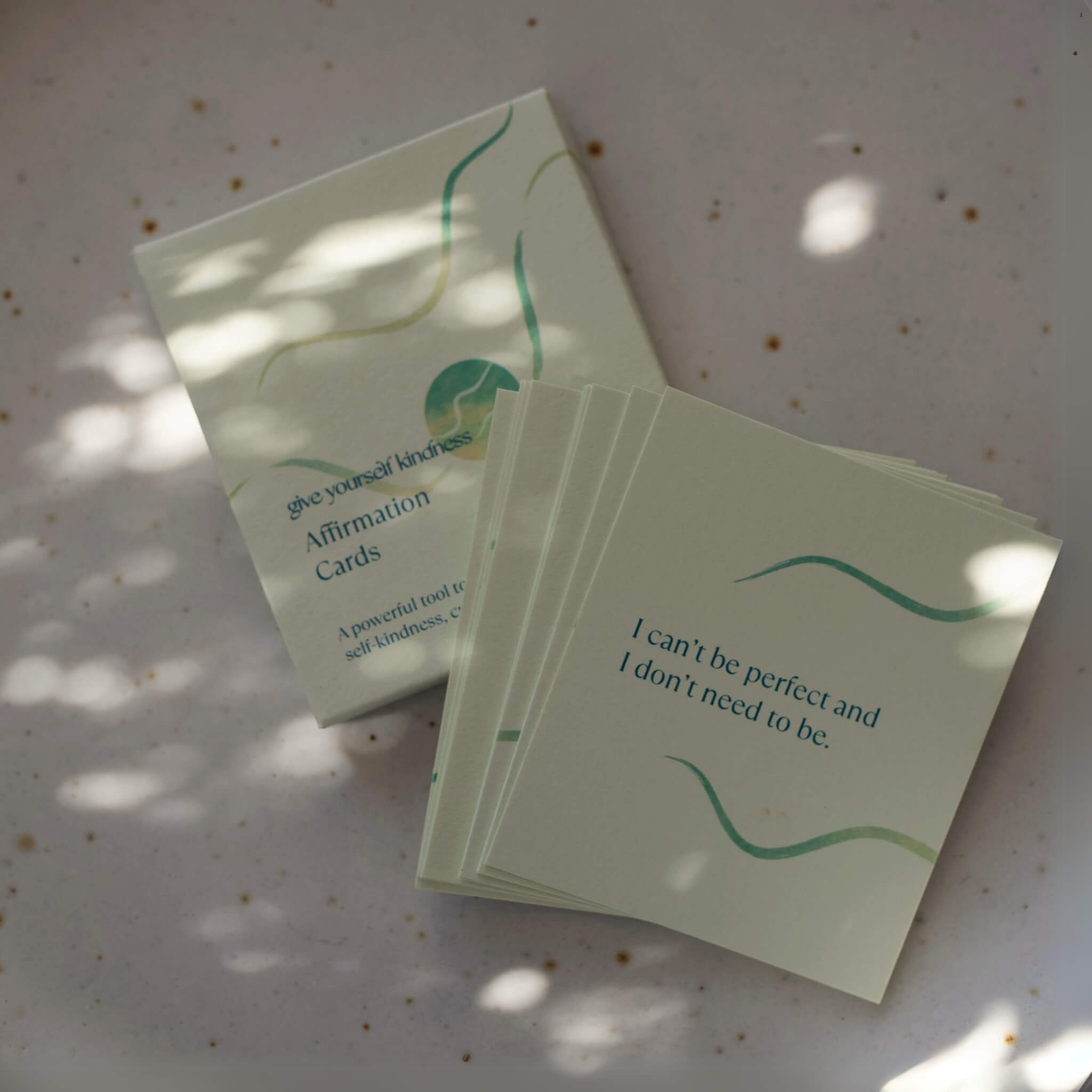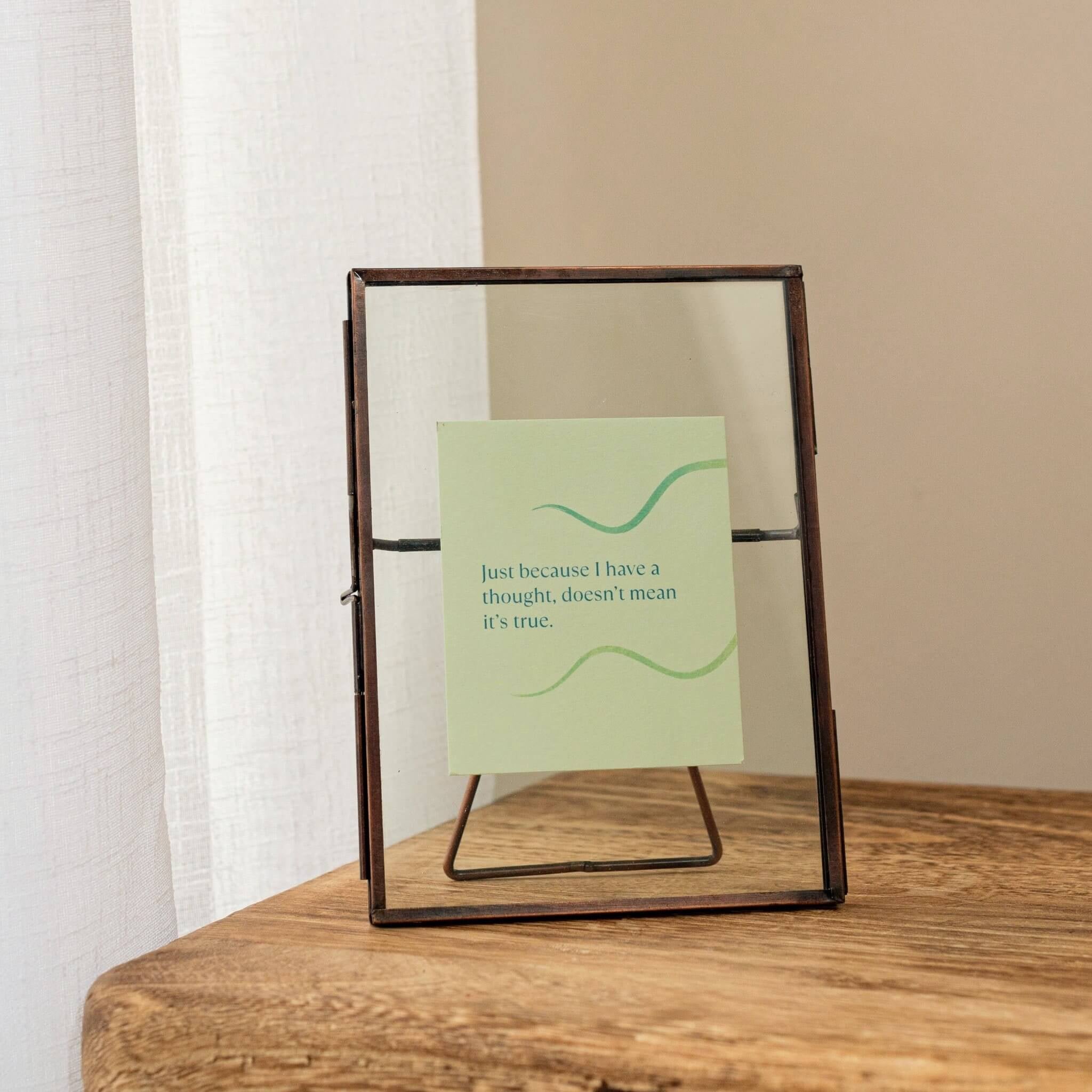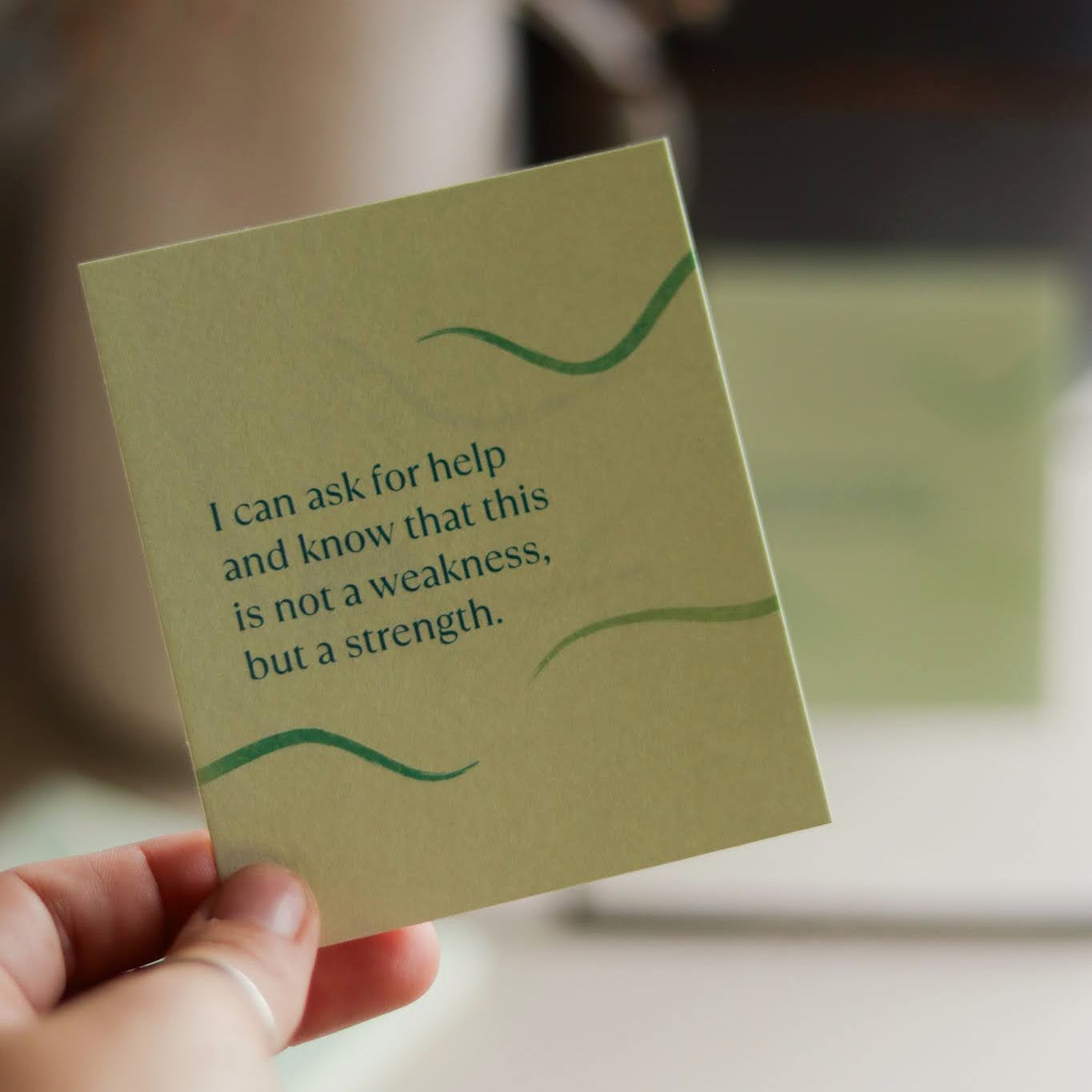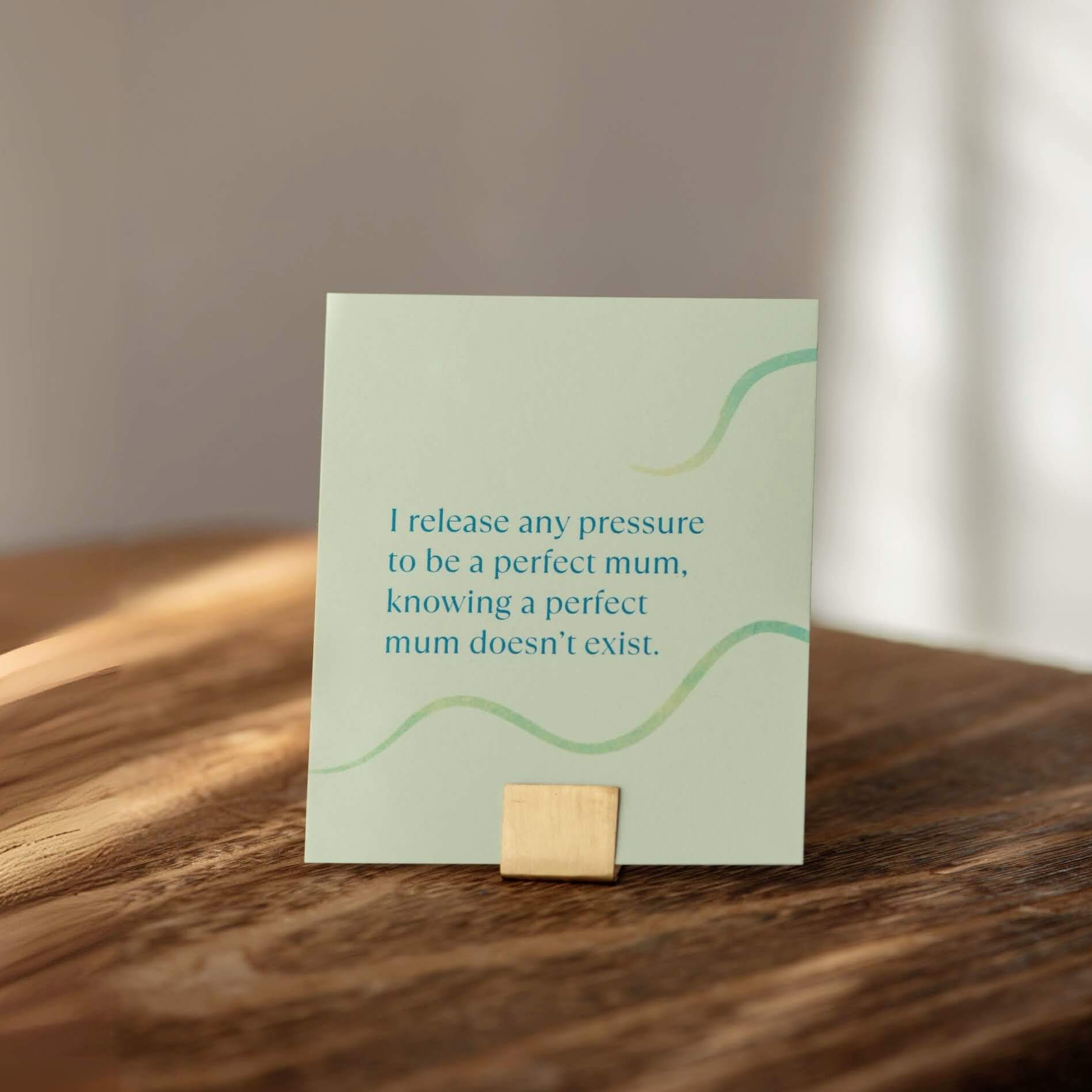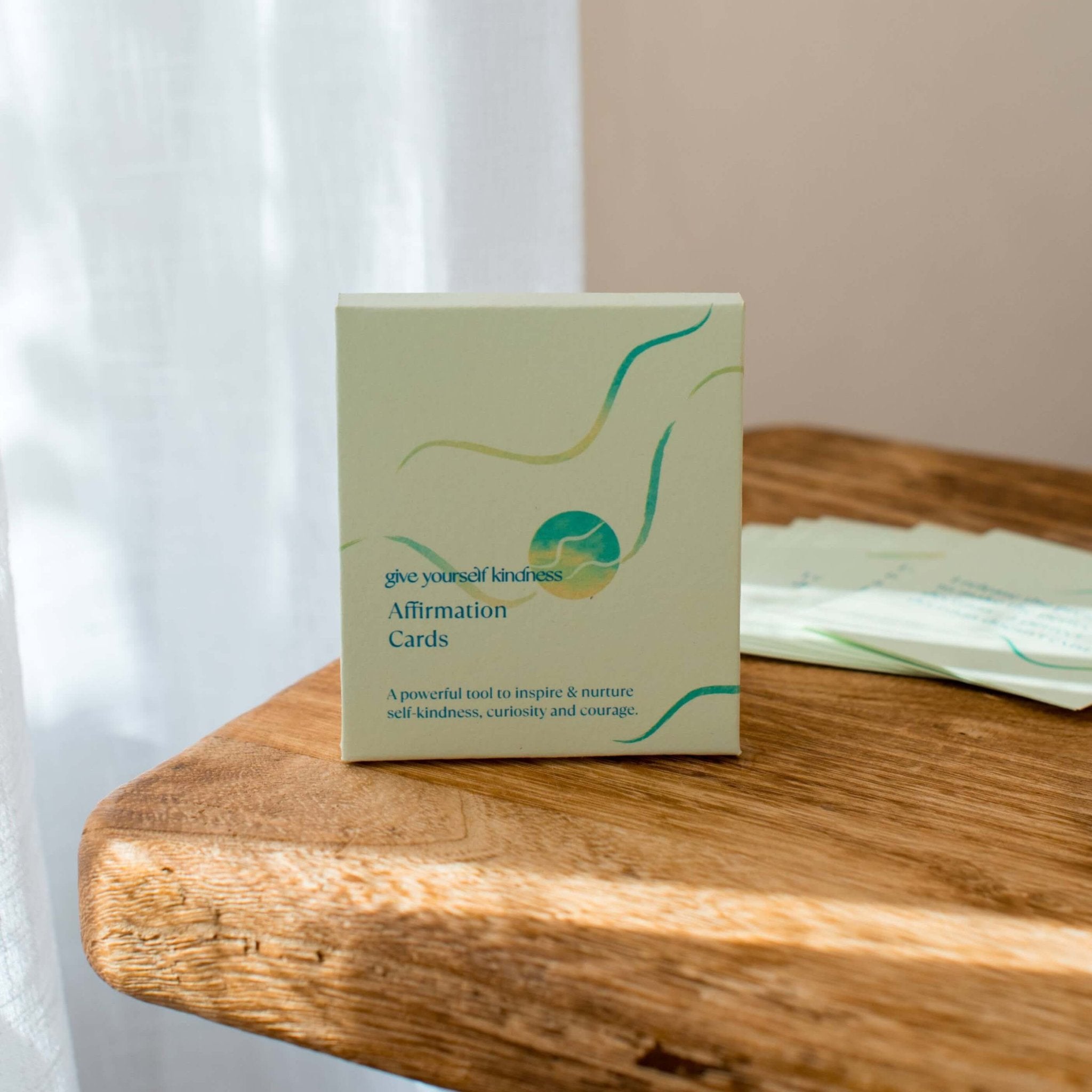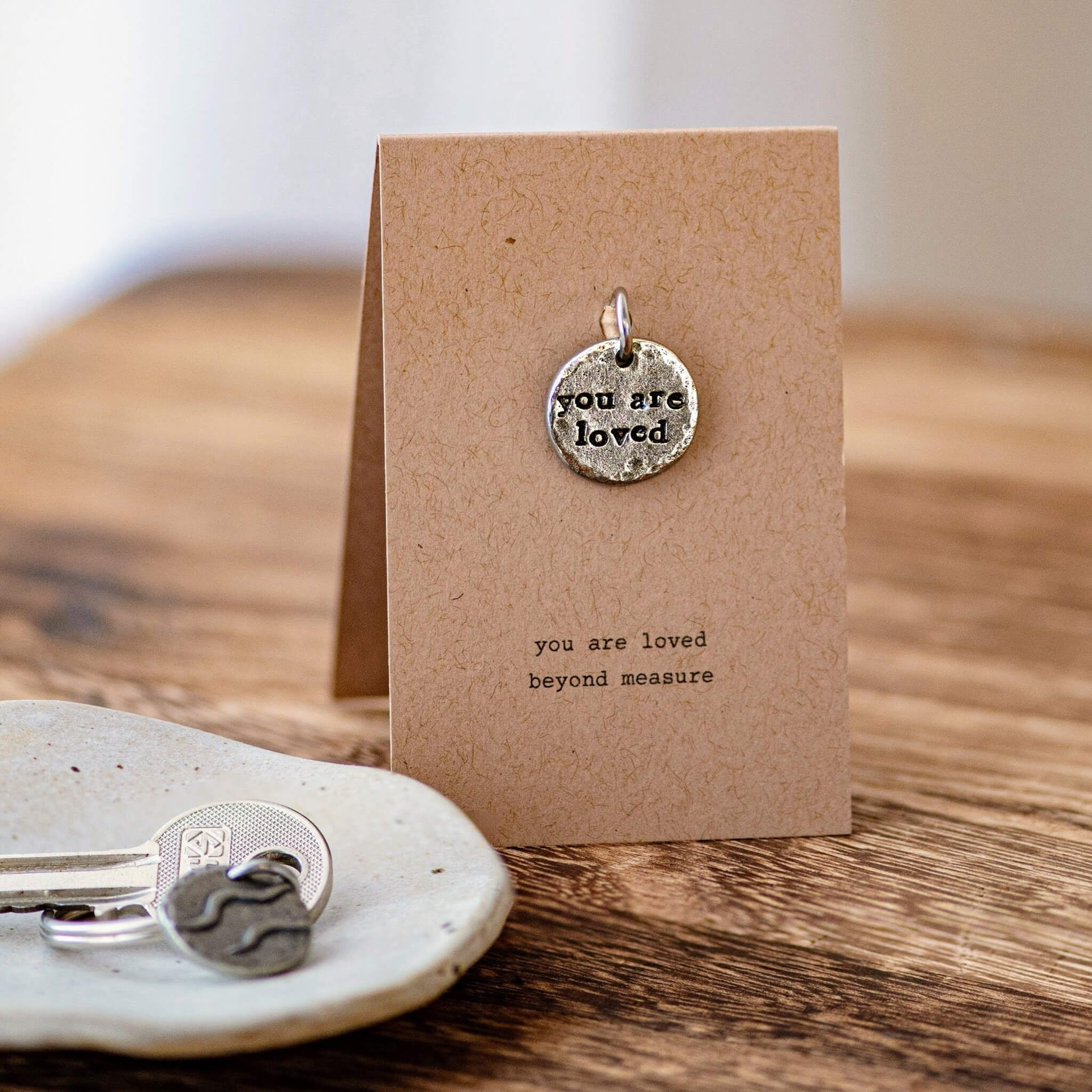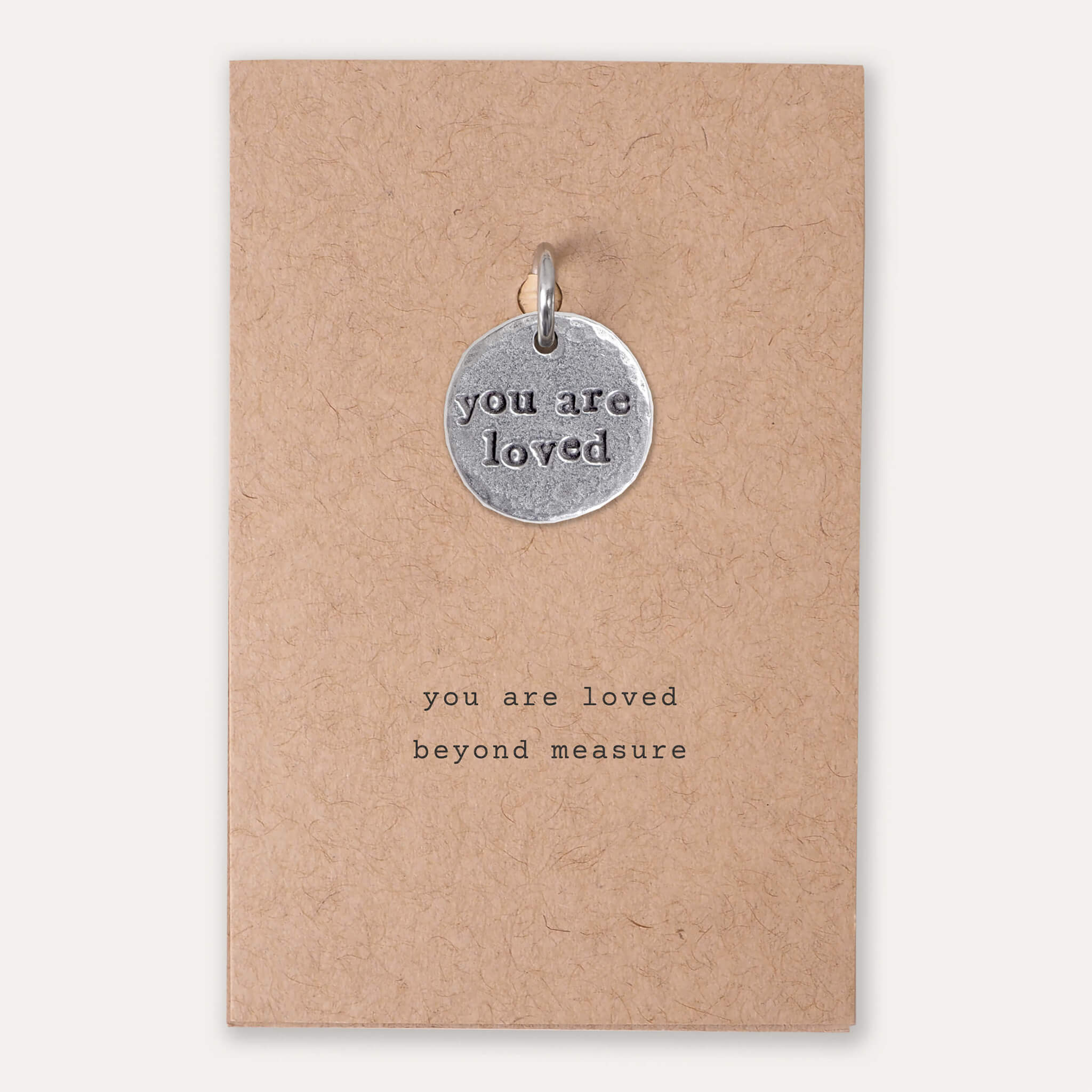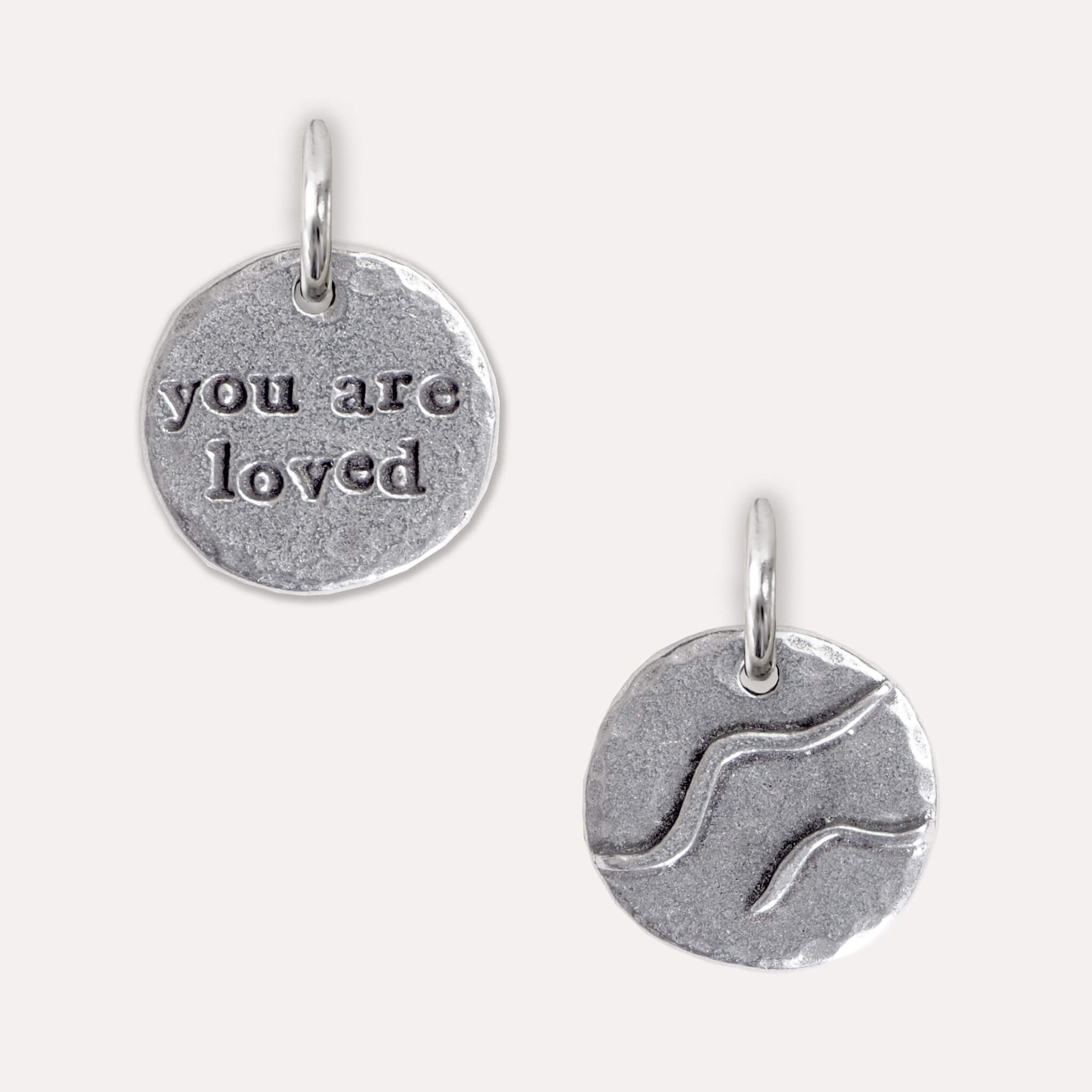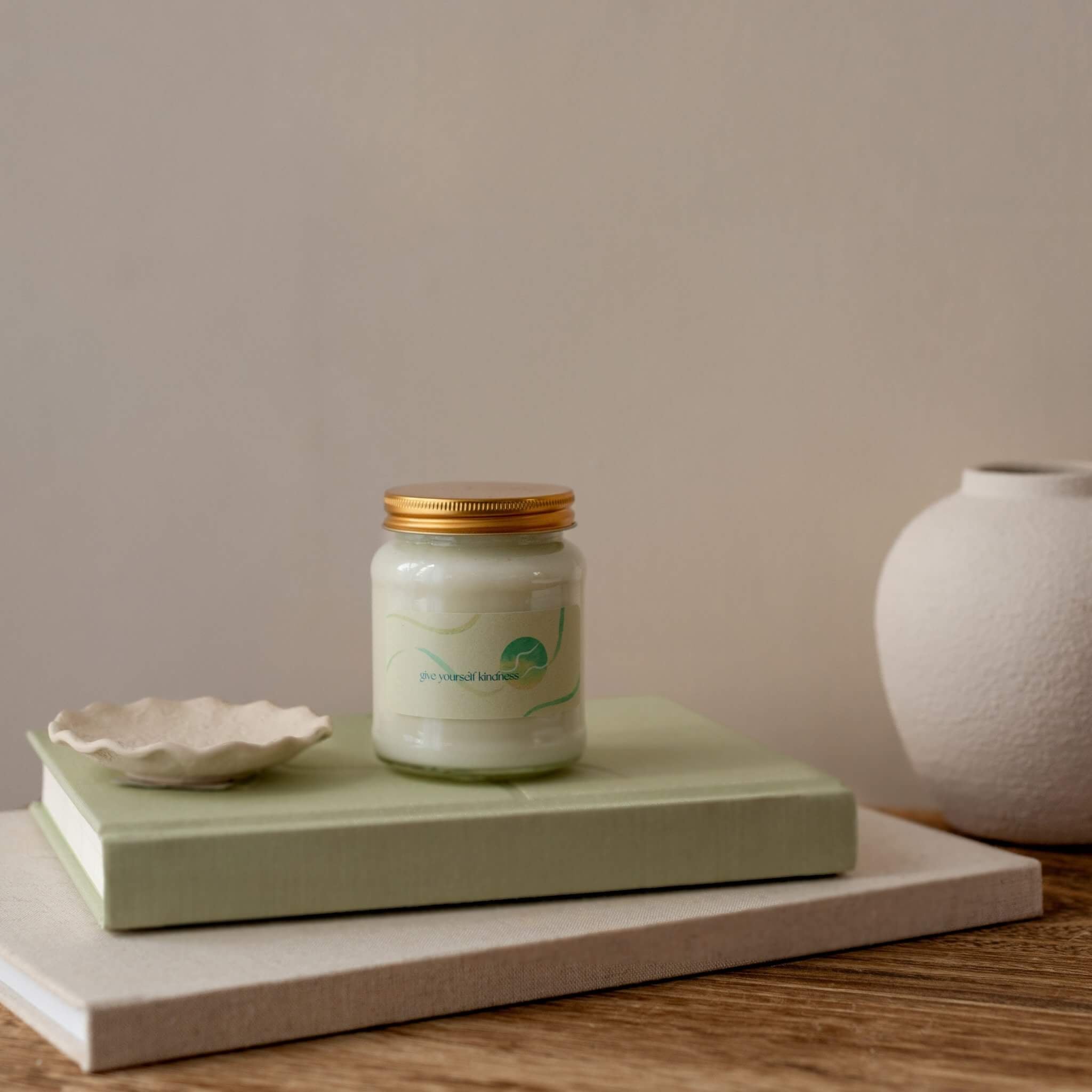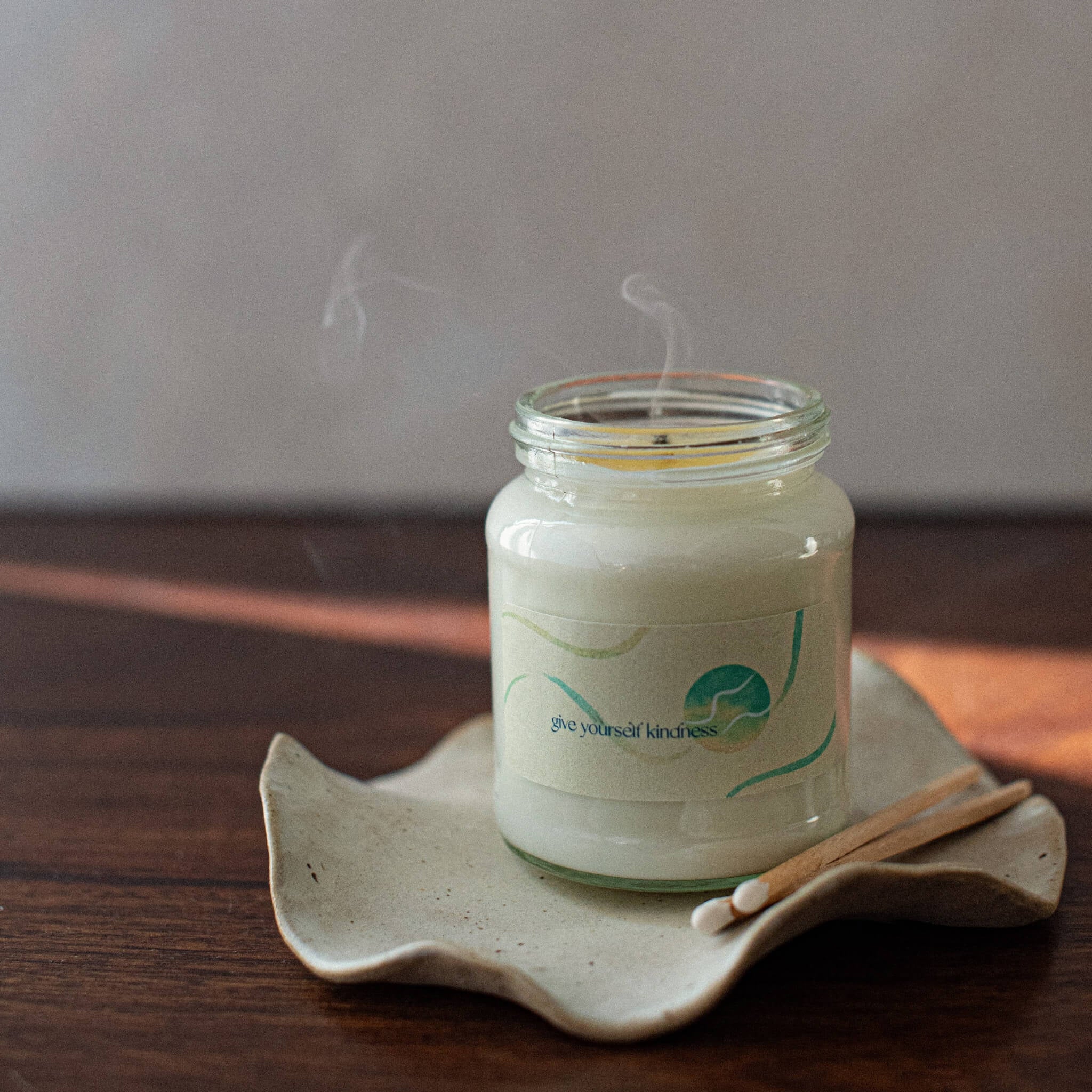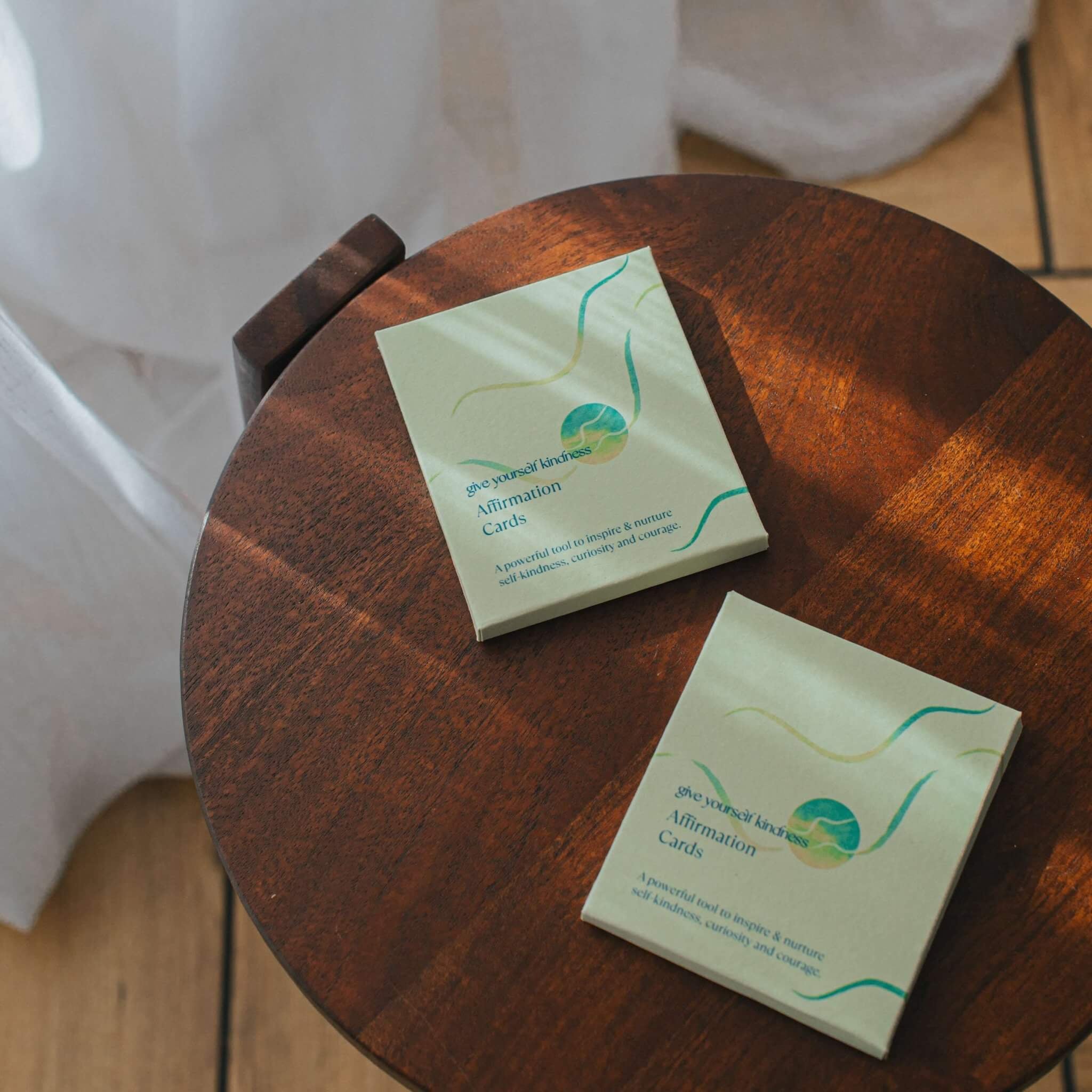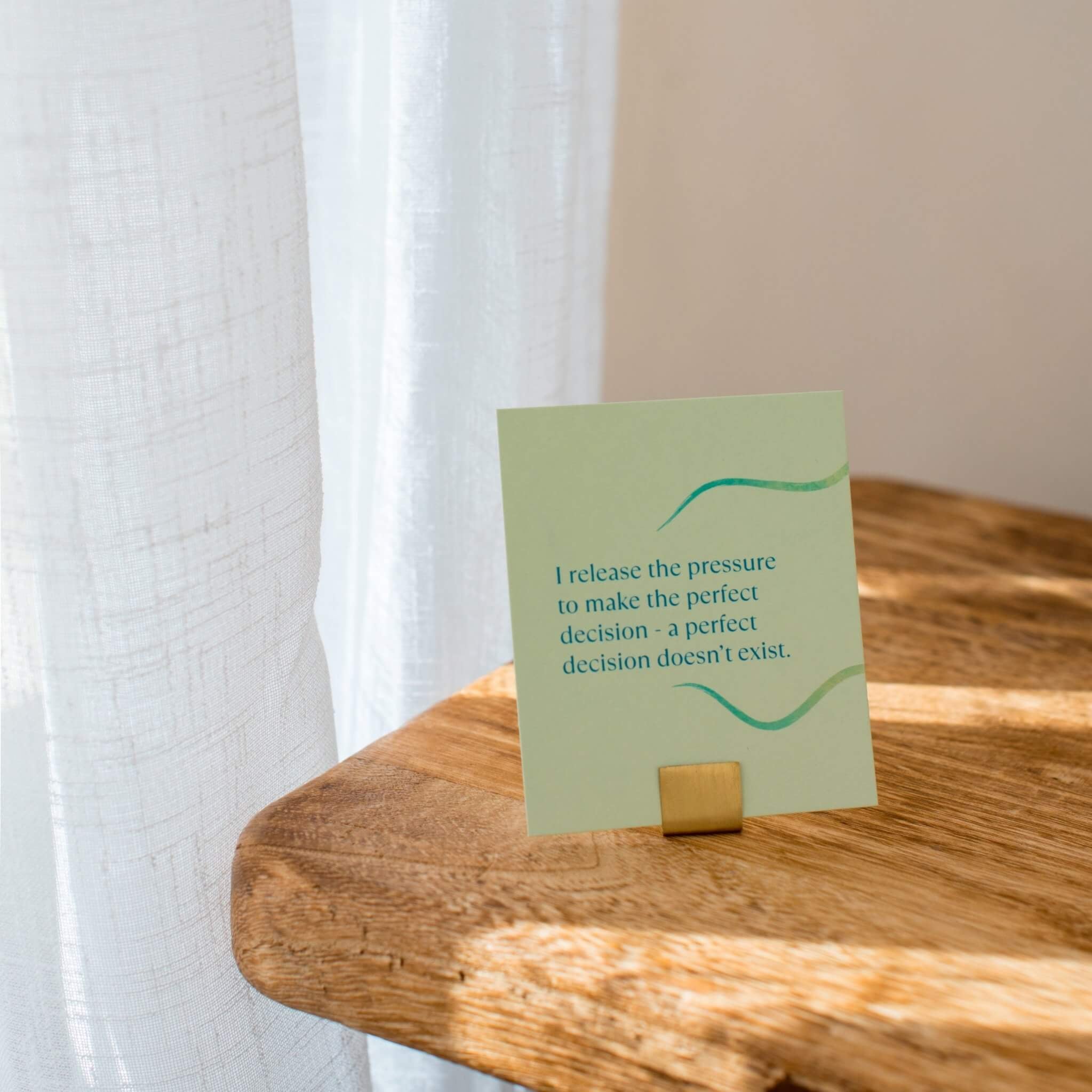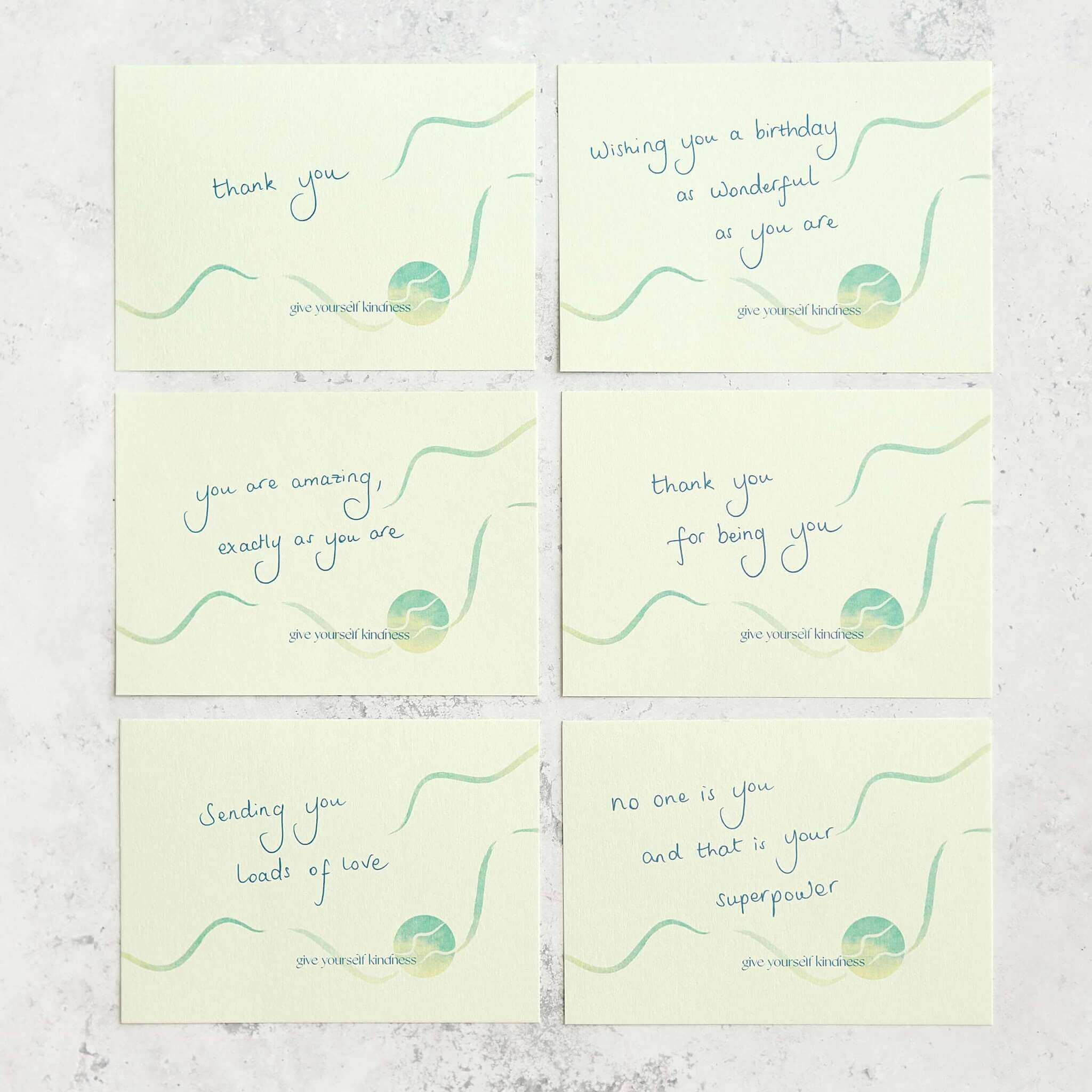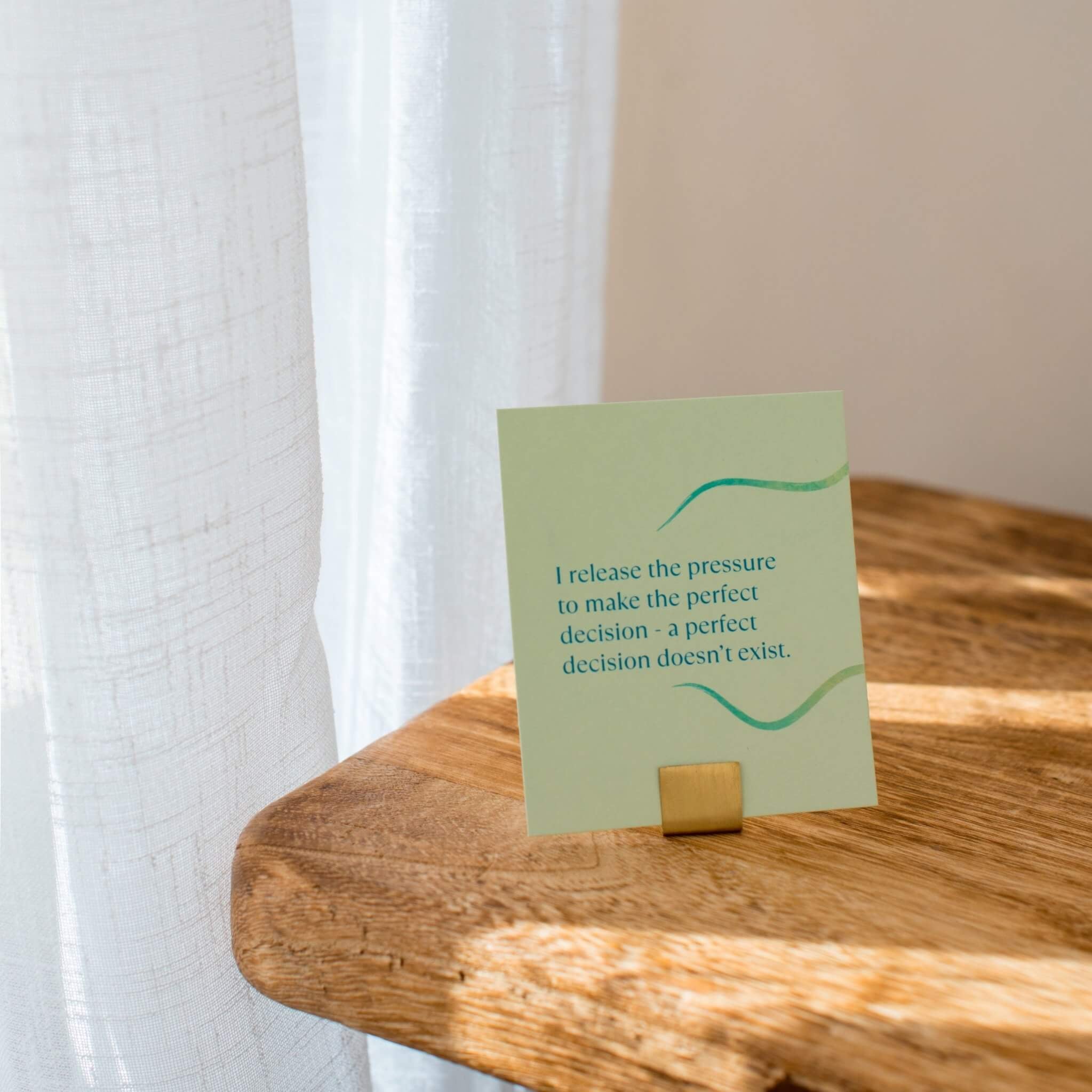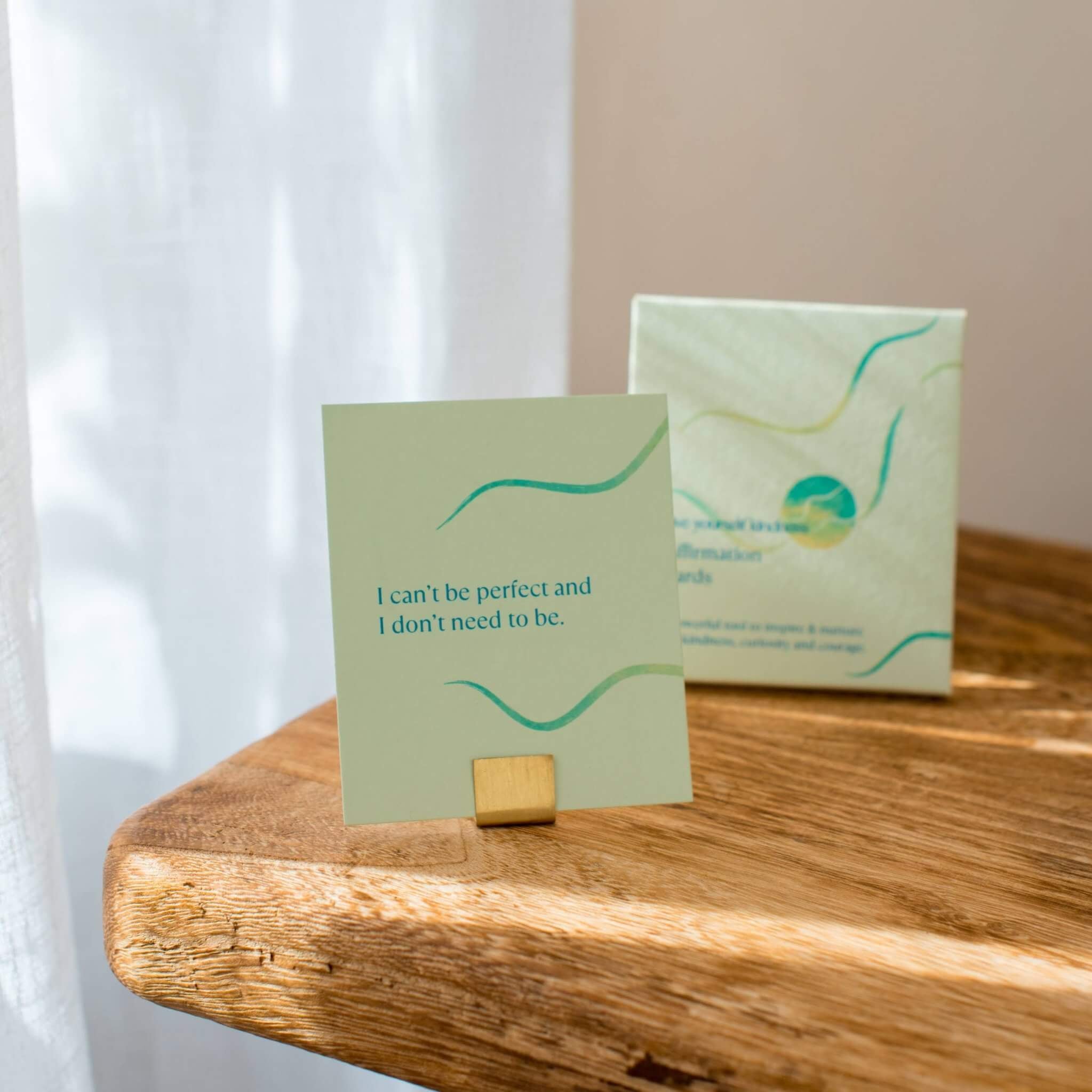written exclusively for Give Yourself Kindness by Carrie Pollard, MSW RSW an experienced psychotherapist that uses compassion, understanding and humor to help people accept themselves as they are and work on creating healthy changes.
What is self-compassion?
Self-compassion is the practice of mindfully offering ourselves understanding and kindness for our struggles and pain.
Those who relate to themselves through the lens of compassion tend to feel happier and grateful, more secure in their bodies and comfortable with their emotions, and more connected to others and themselves.i They also tend to be more resilient to life stress and difficulties and have better physical health and overall well-being.ii
Research continues to find more and more benefits to giving ourselves more kindness. Yet, many people worry that being ‘too compassionate’ will make us selfish, unmotivated, and at risk of wallowing in self-pity or becoming a doormat to others. Listed below are both evidence-based and clinical observations about self-compassion and all that it has to offer us.
Self-compassion makes us more caring and supportive, not more selfish.iii
Offering ourselves compassion for our hurts and challenges nourishes us to give others the same.
When we feel comfortable with who we are, instead of critical of our shortcomings, we become more patient, understanding, and considerate of those around us. In fact, many people are wonderfully compassionate towards others, yet seem to hold themselves to a ‘double standard’ where they expect more and are critical of less.
If this is true for you, then self-compassion is simply extending yourself the same kindness you would others.
Self-compassion is empowering, it motivates us to create change and helps us recover from setbacks and relapses.iv
One of the perceived functions of self-criticism is to protect us from being laidback or lazy by fueling us with fears of failure and rejection. These fears will initially motivate us, but in the long term will leave us exhausted, discouraged and overall, not feeling good enough. Compassion helps us connect to the reasons why we want to change or work hard; it helps us focus on what we value and what gives us purpose.
Self-compassion enhances us our inner strength and resilience as well as our accountability.v
However, many worry that if they give themselves sympathy for their suffering, then they will get trapped in self-pity and the ‘poor me’ mentality. Self-compassion encourages us to mindfully take perspective on our situations, to non-judgementally take responsibility for our actions, and to proactively seeks support and solutions. It will help get you ‘un-stuck’ when you’re struggling, not dig you deeper into a hole of helplessness and hopelessness.
Self-compassion empowers us to be more curious, courageous and tap into our inner wisdom.vi
In fact, when we’re kind and connected to ourselves and our needs, we can more easily identify when we’re being taken advantage of or mistreated, and it helps us advocate for our needs and wants and set boundaries with others.
Can you ever give yourself too much self-compassion?
The answer to the question is, no, we can’t be ‘too’ compassionate! Practicing self-compassion provides numerous benefits to our physical, emotional, and mental well-being.
Learn more about Mindfulness-Based Self-Compassion and Compassion-Focused Therapy, and consider using the Give Yourself Kindness journal as a way to connect more deeply with your feelings, practice gratitude, and overall offer yourself more compassion.

Carrie Pollard, MSW RSW is an experienced psychotherapist that uses compassion, understanding and humor to help people accept themselves as they are and work on creating healthy changes. She lives on a grain farm in Canada with her husband, five daughters and her basset hound, Henry.
https://www.flourishwithcompassion.com/
i Neff, K.D. & Costigan, A.P. (2014). Self-compassion, wellbeing and happiness. Psychologie Osterreich 2/3.
ii Neff, K. & Germer, C. (2018). The Mindful Self-Compassion Workbook. The Guilford Press.
iii Neff, K. & Germer, C. (2018). The Mindful Self-Compassion Workbook. The Guilford Press.
iv Neff, K. & Germer, C. (2018). The Mindful Self-Compassion Workbook. The Guilford Press.
v Neff, K. & Germer, C. (2018). The Mindful Self-Compassion Workbook. The Guilford Press.
vi Neff, K.D. & Costigan, A.P. (2014). Self-compassion, wellbeing and happiness. Pshologie Osterreich 2/3.






